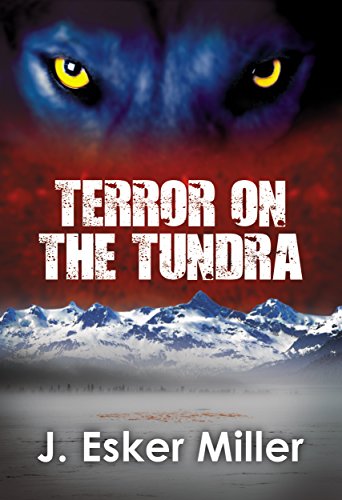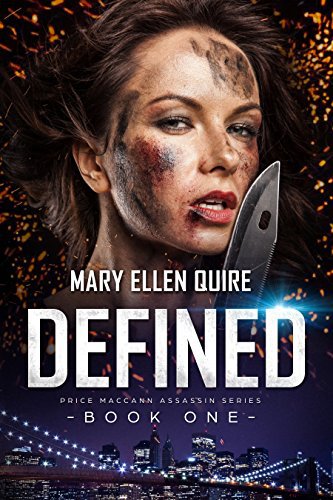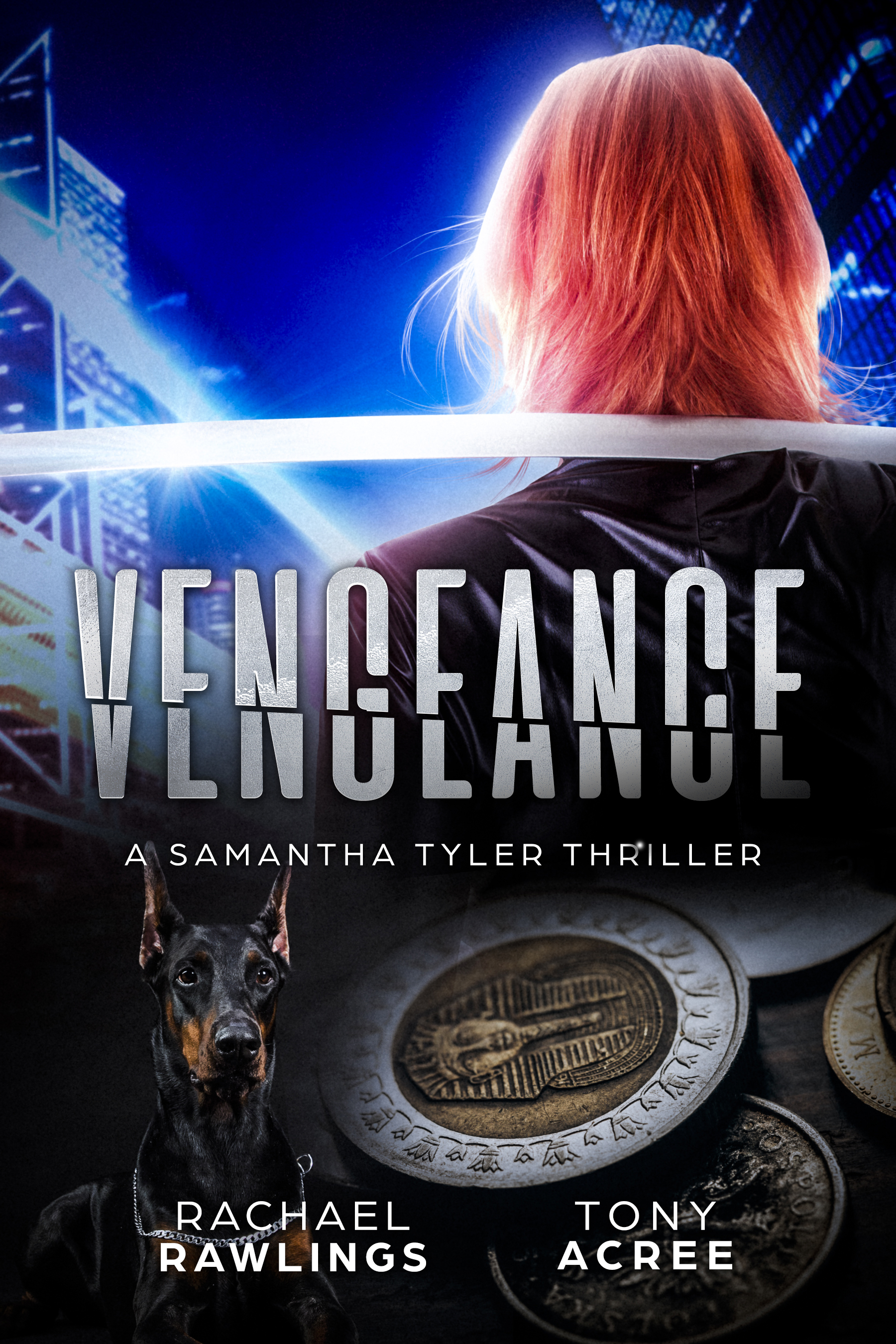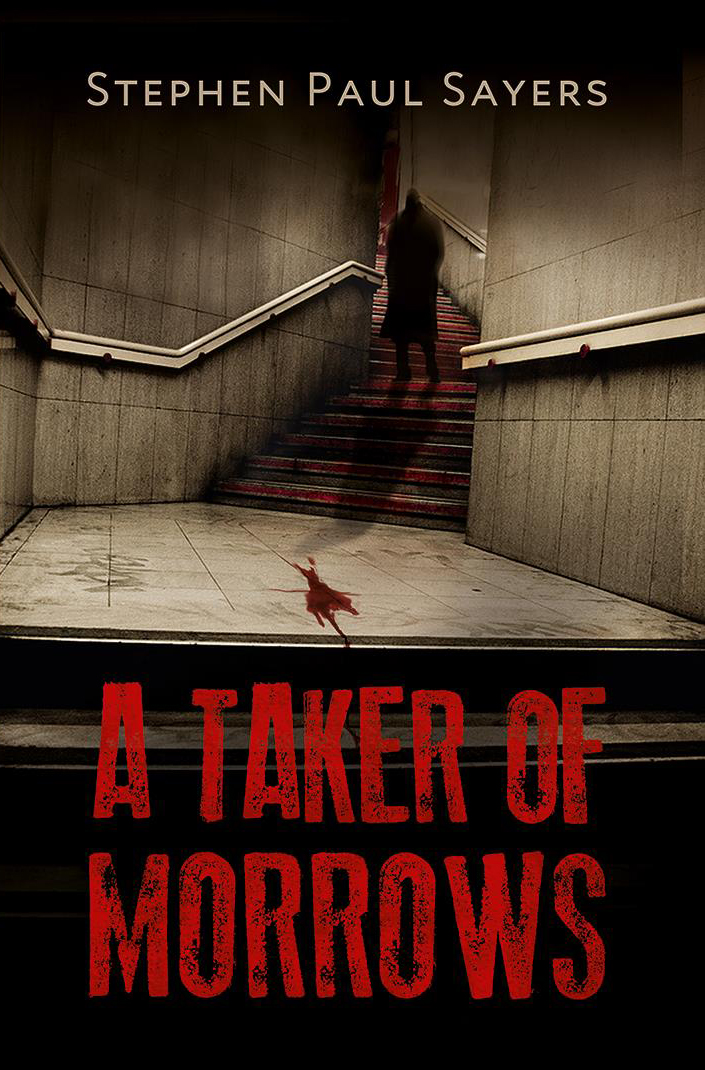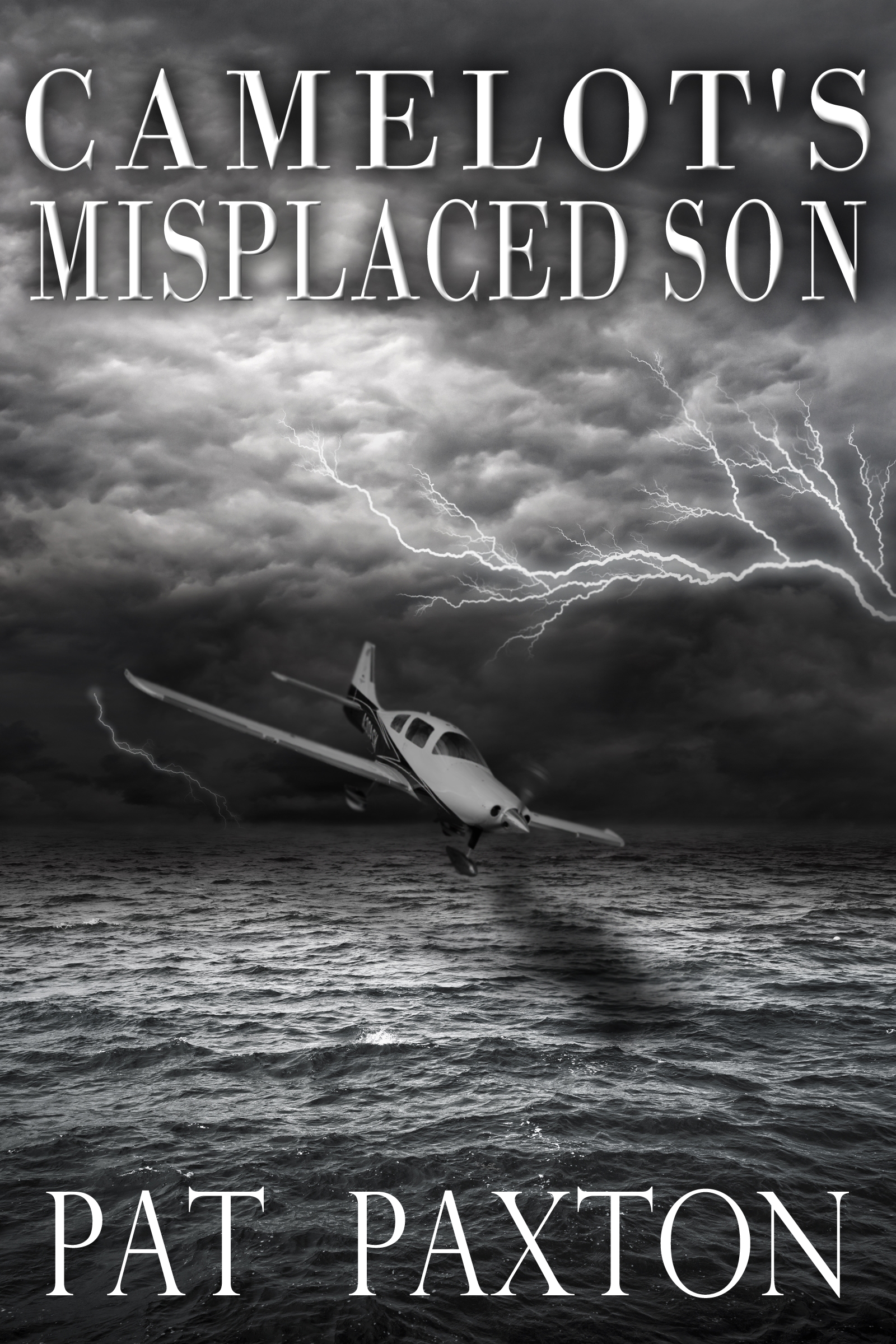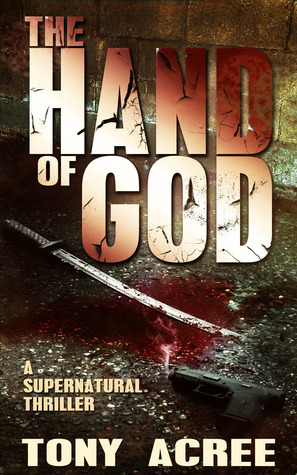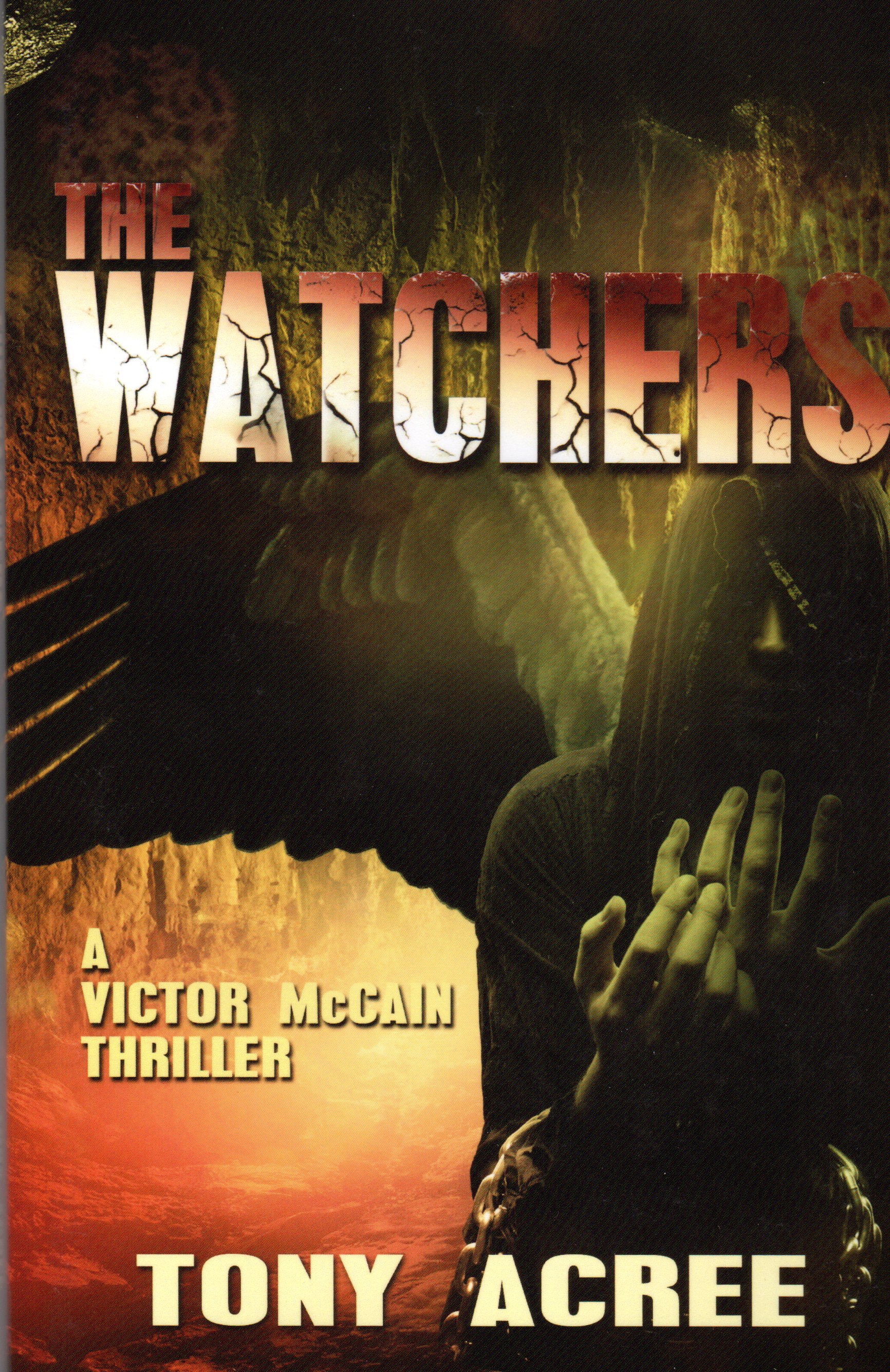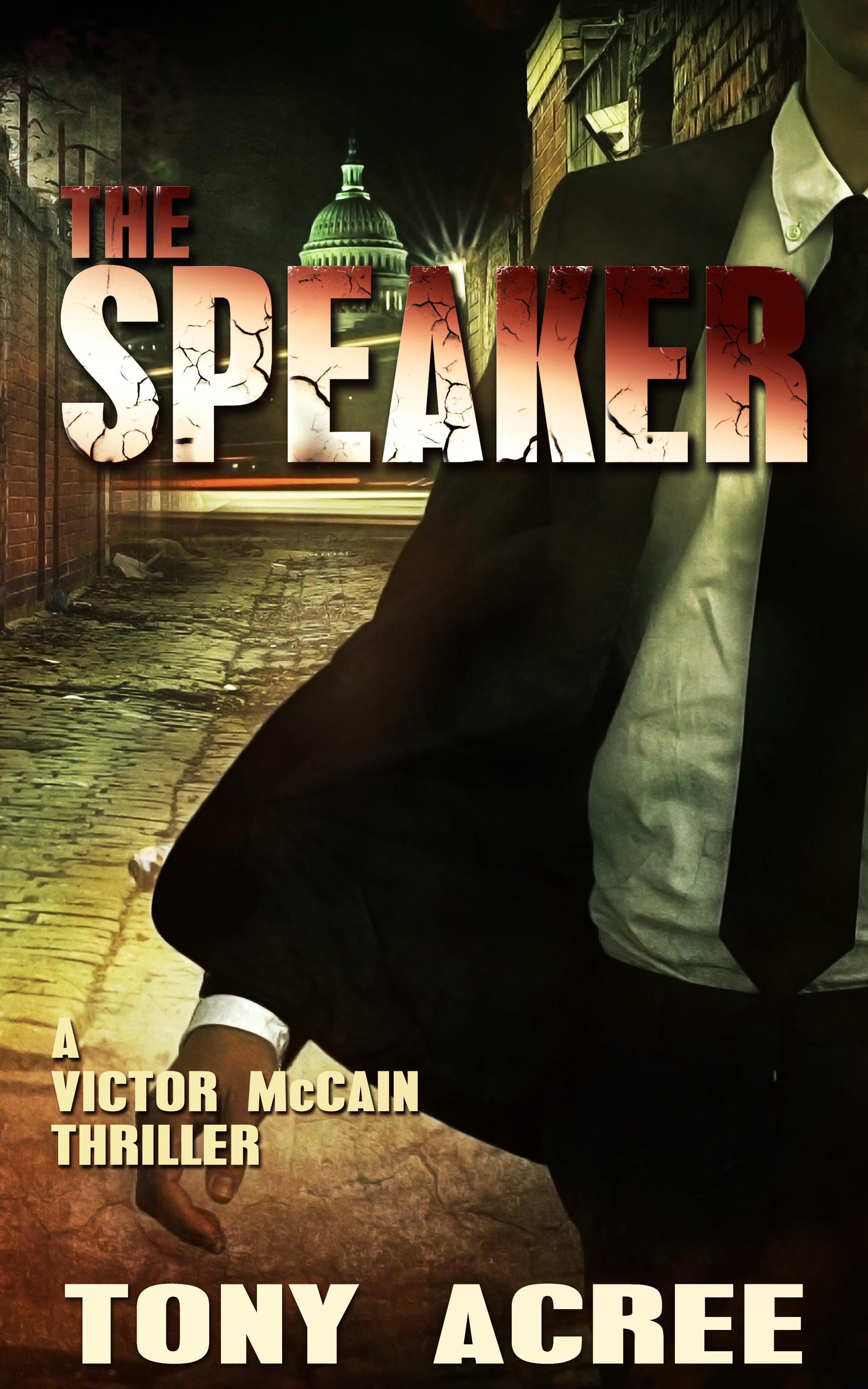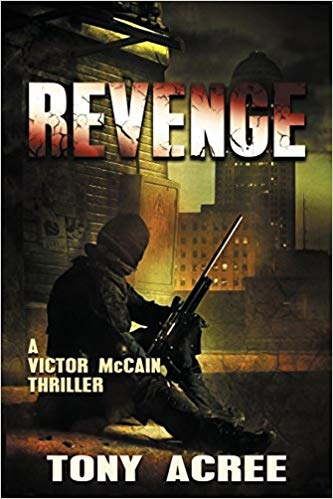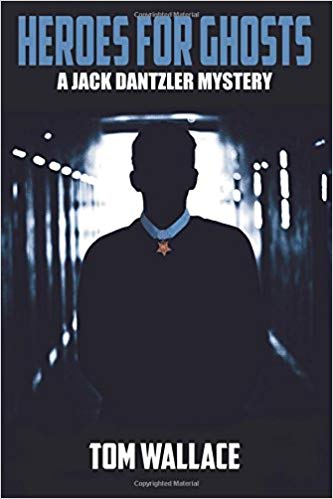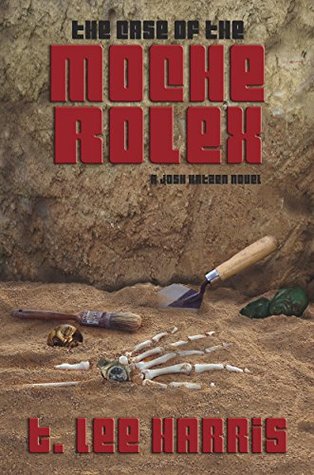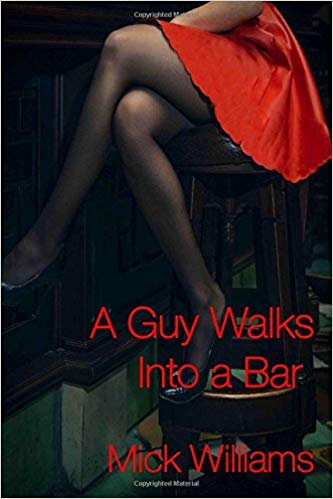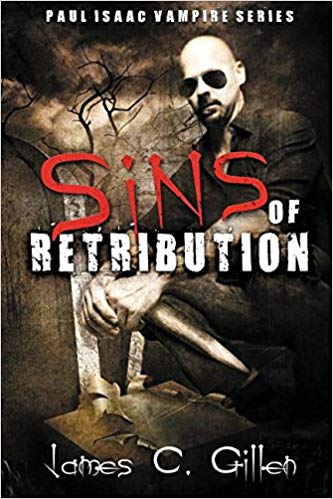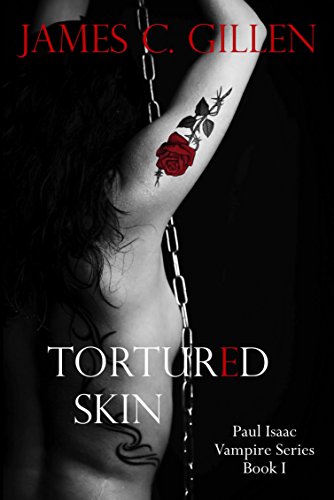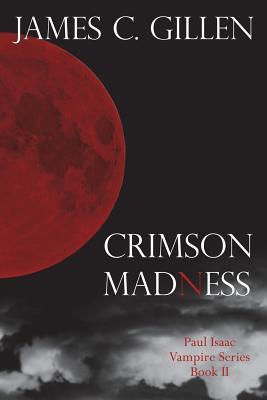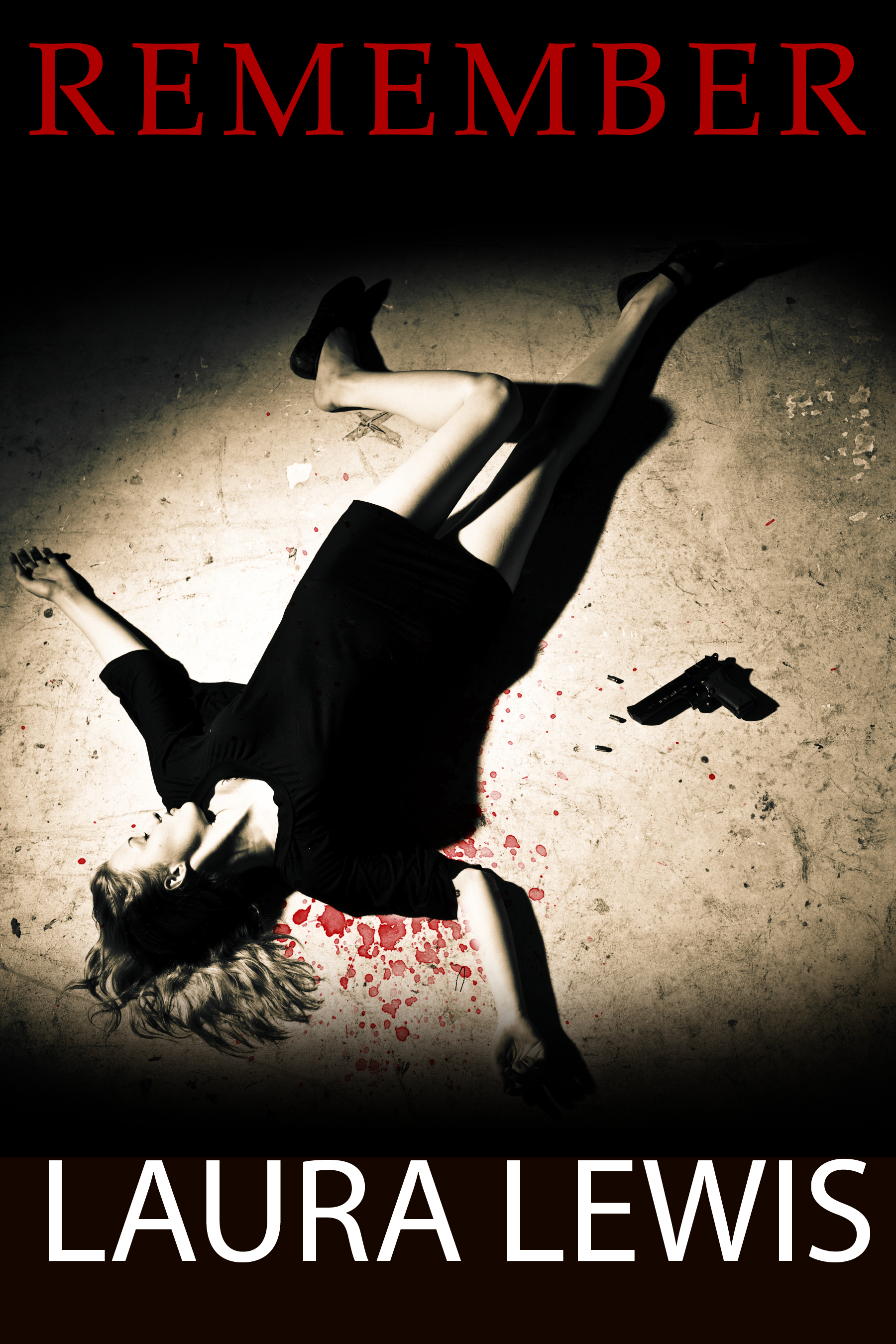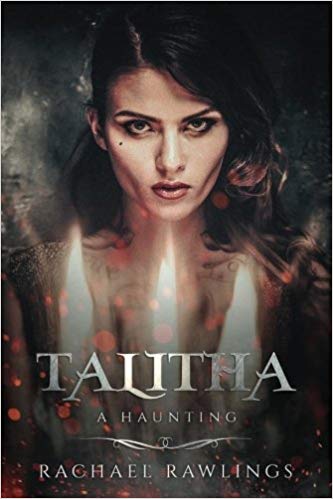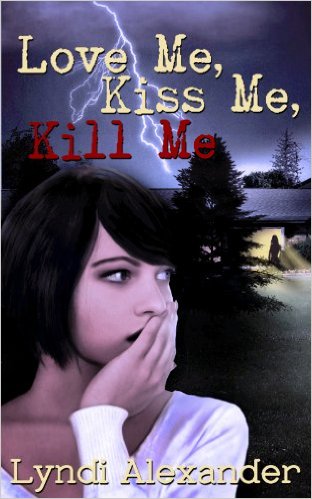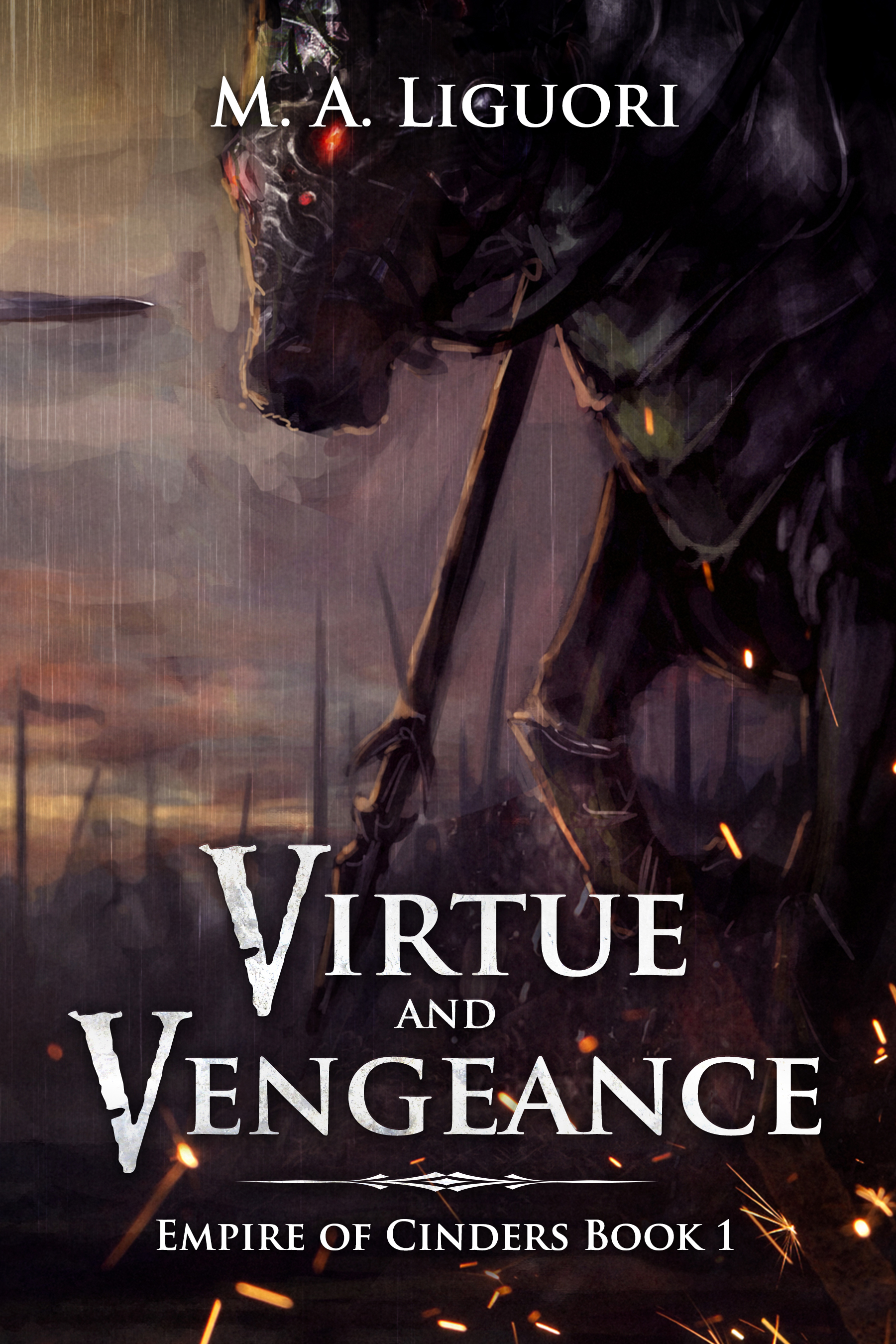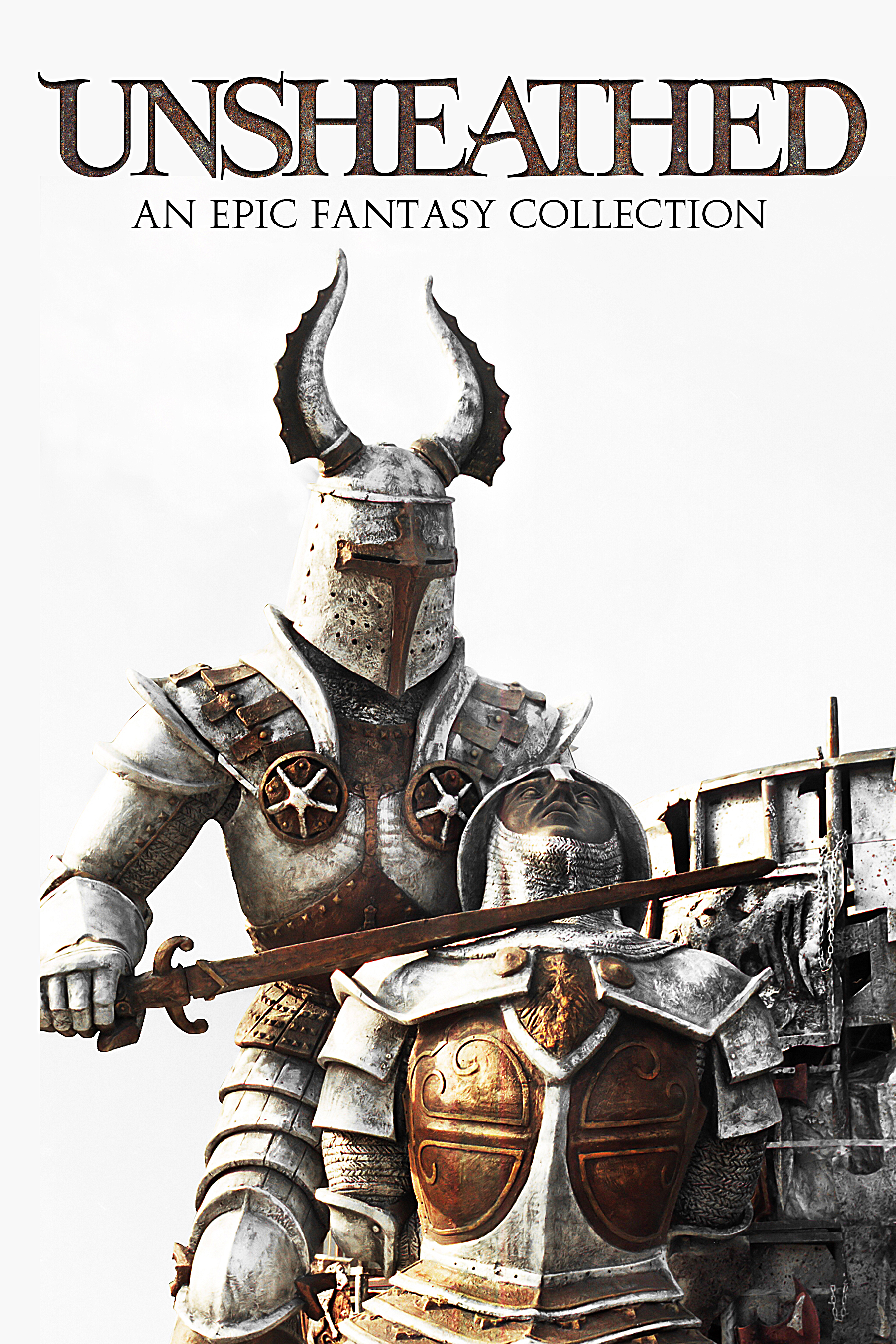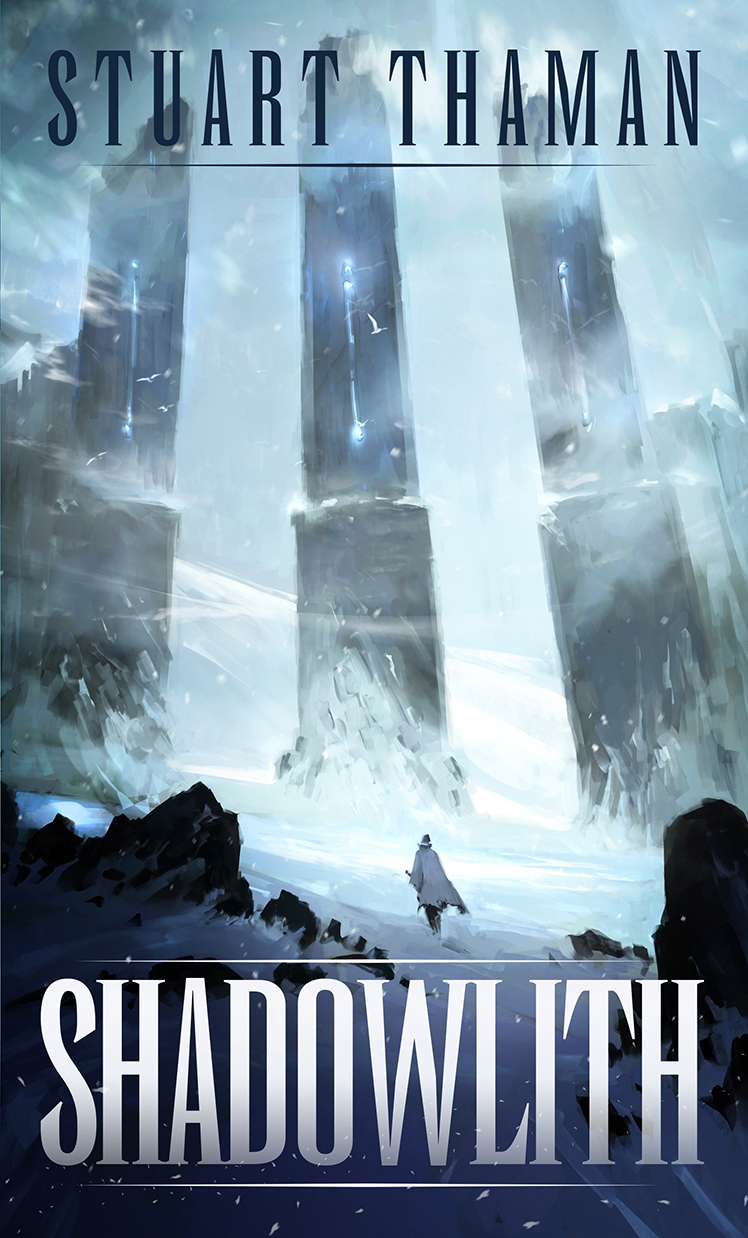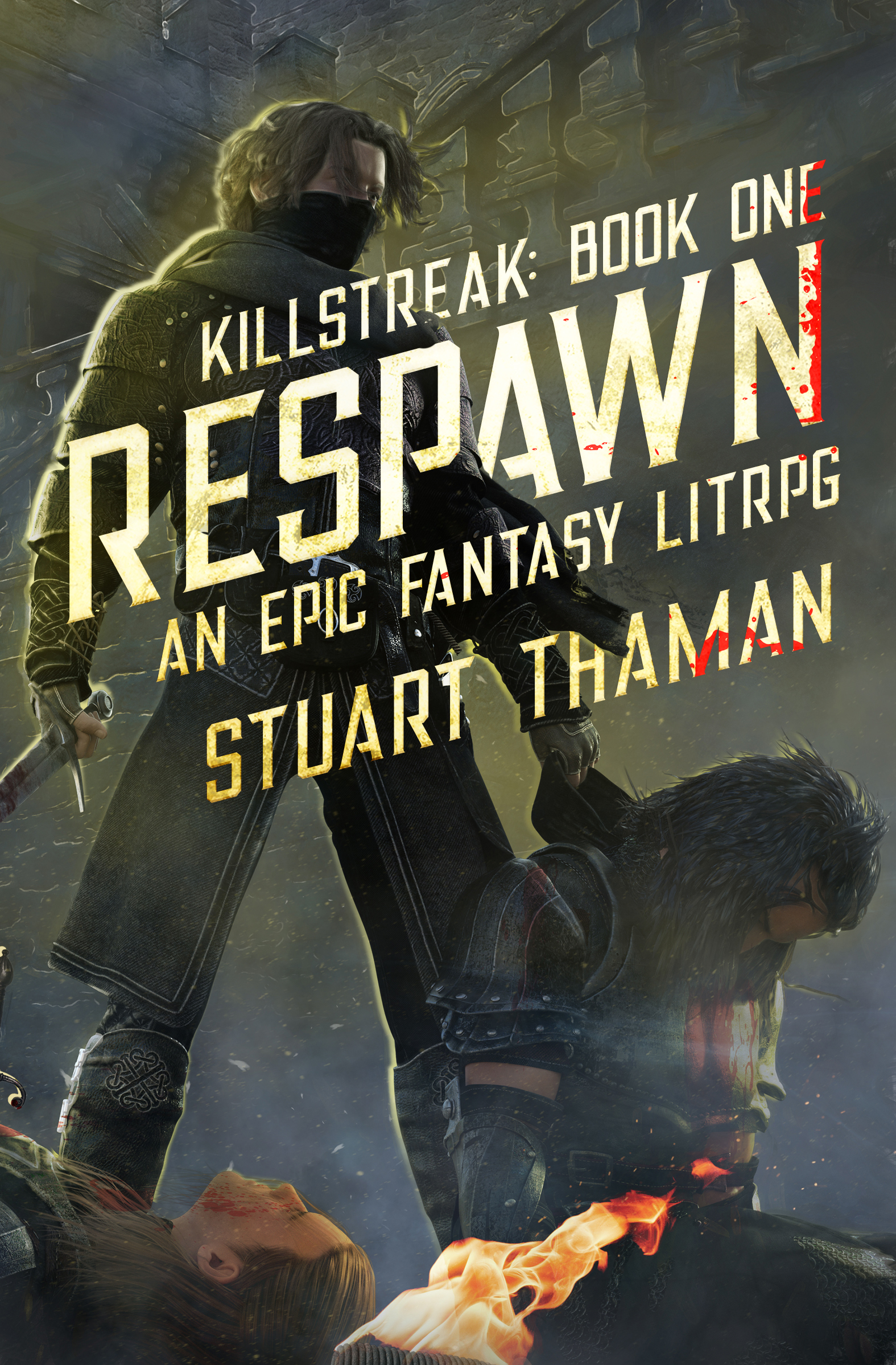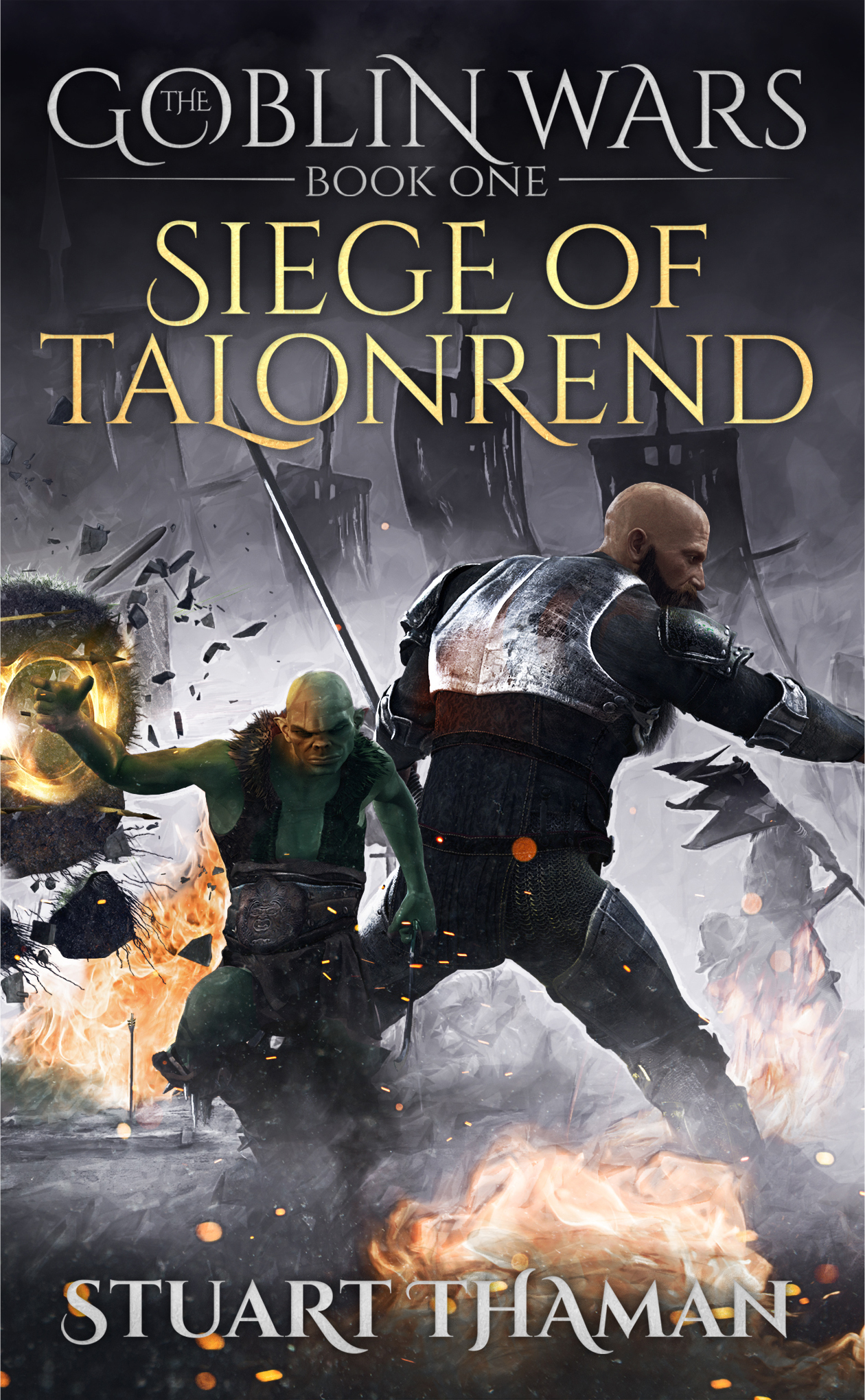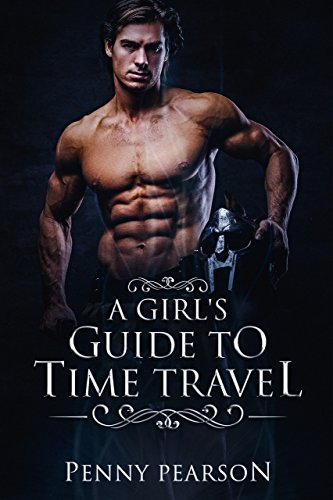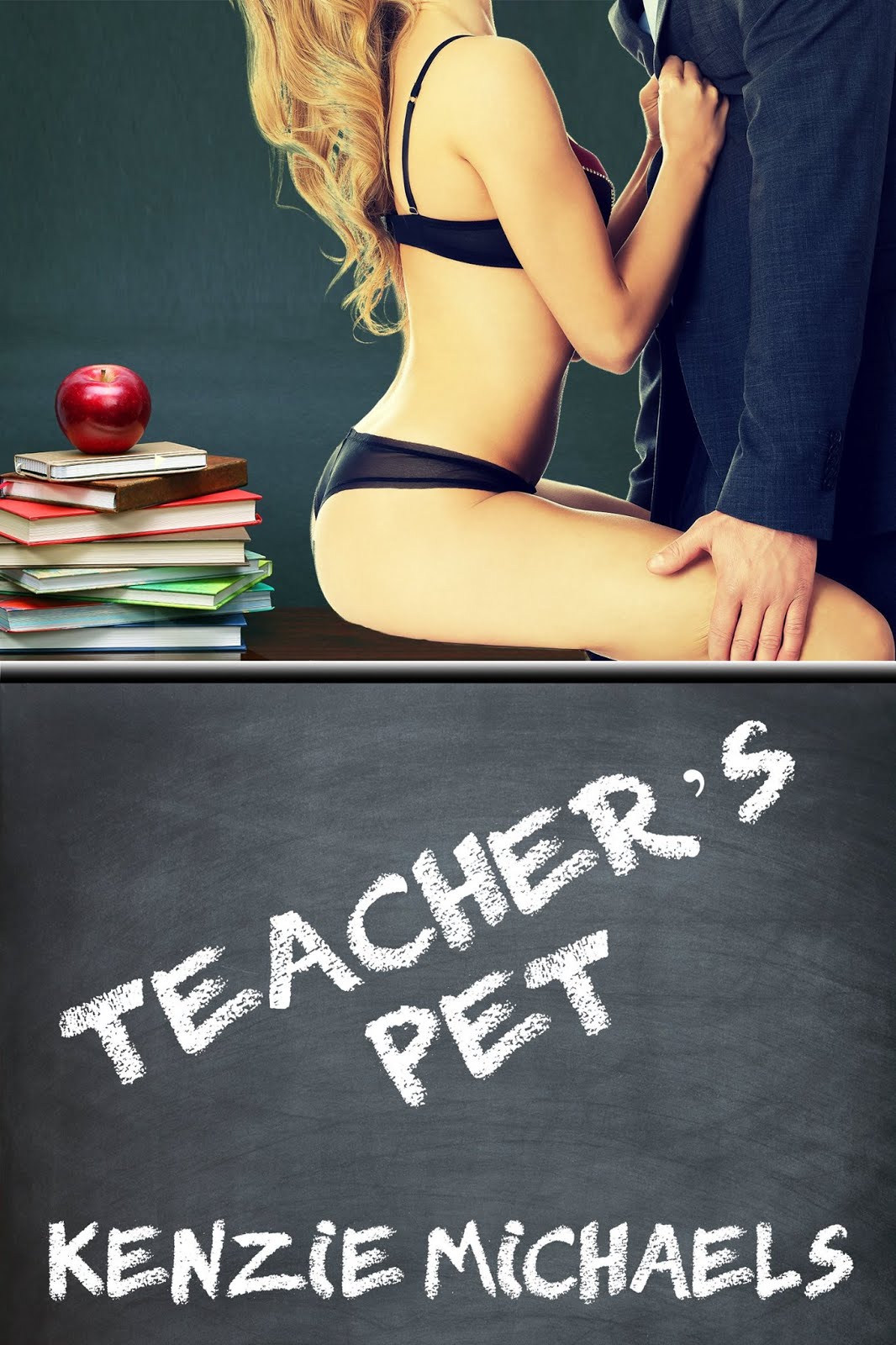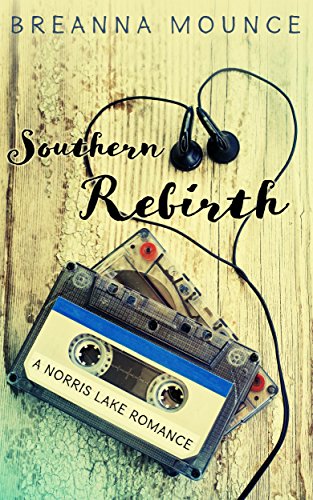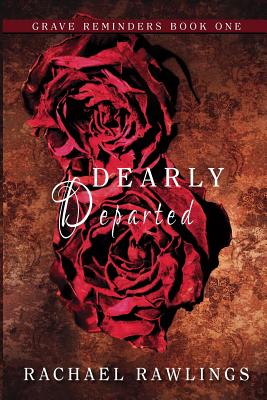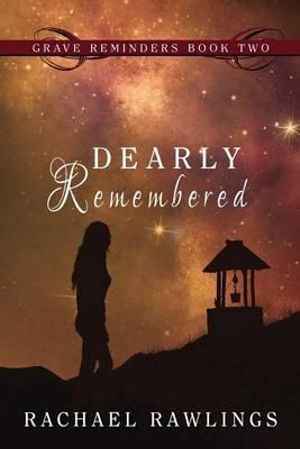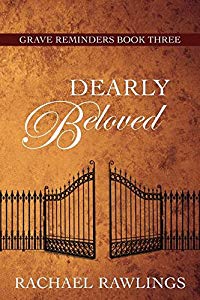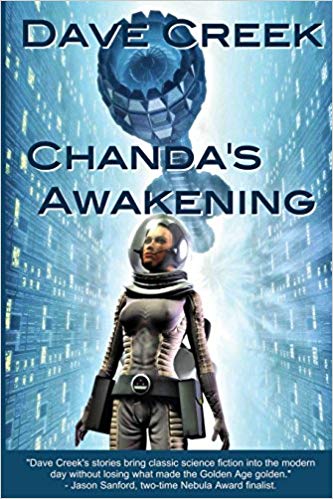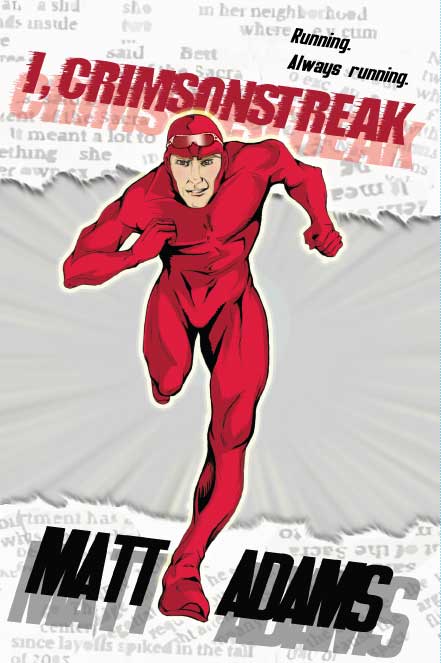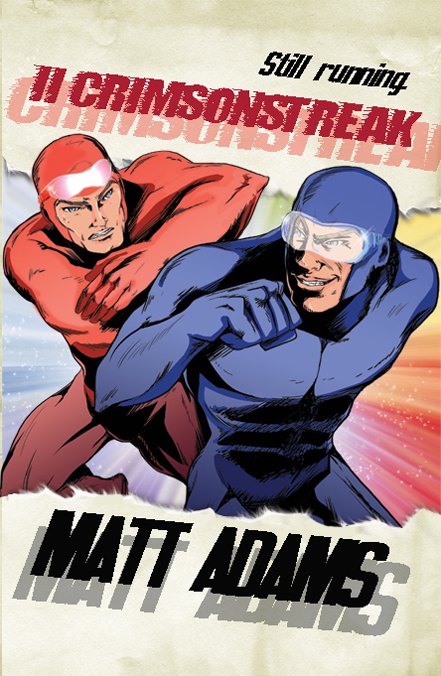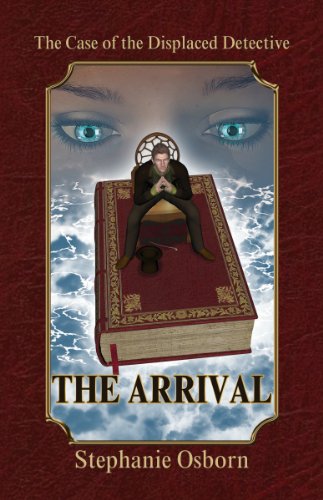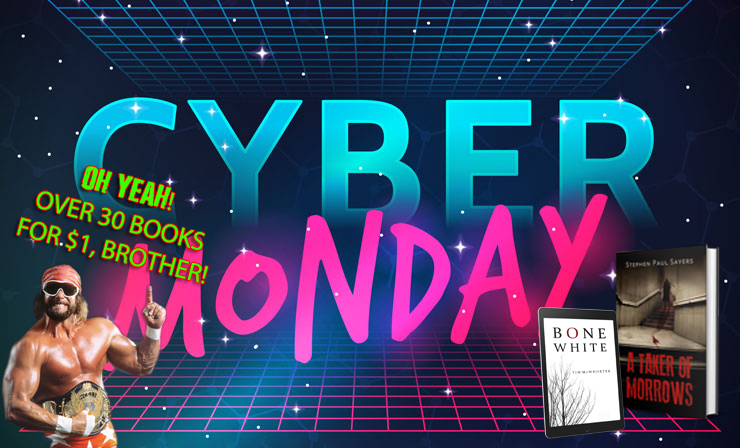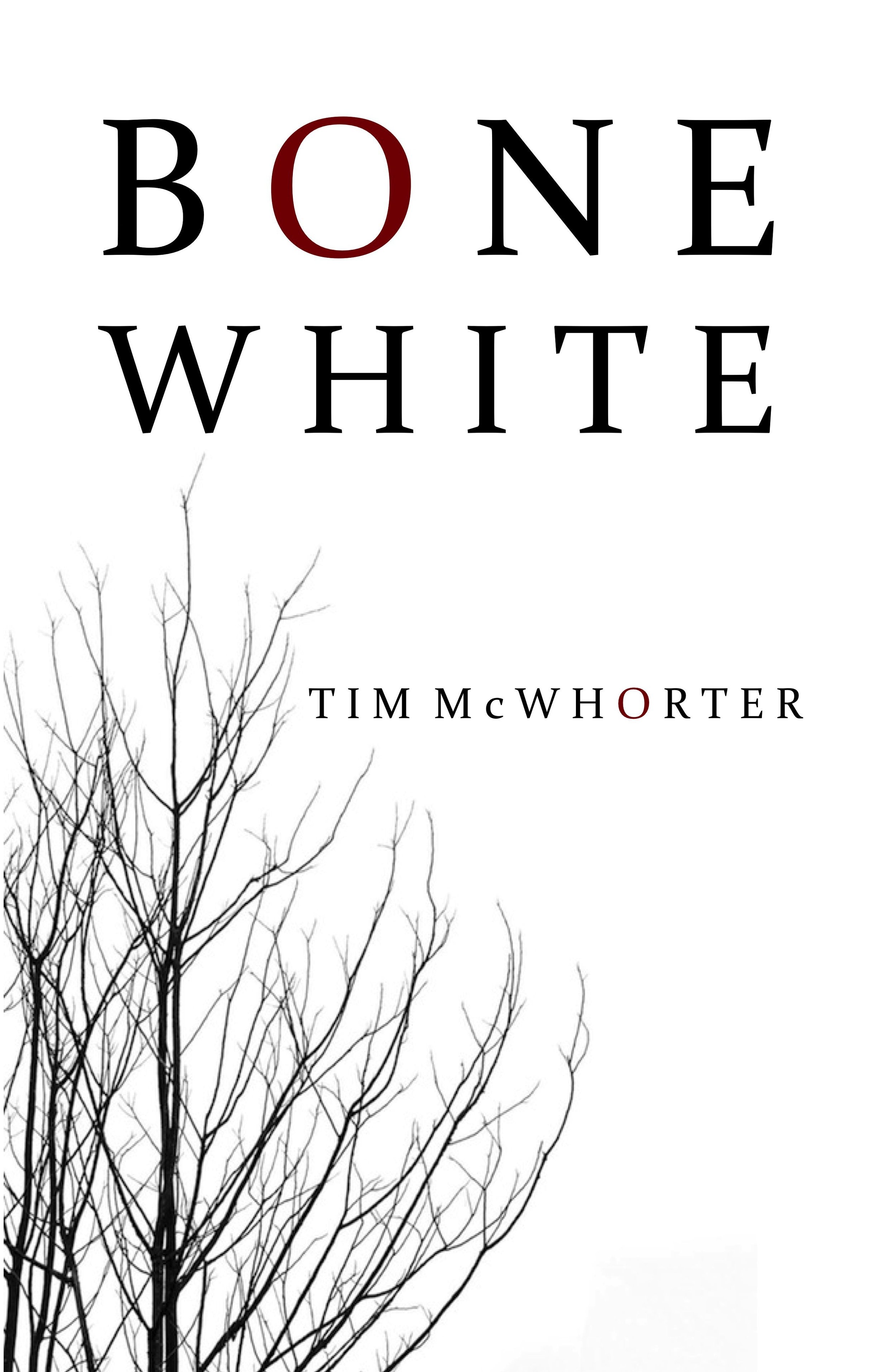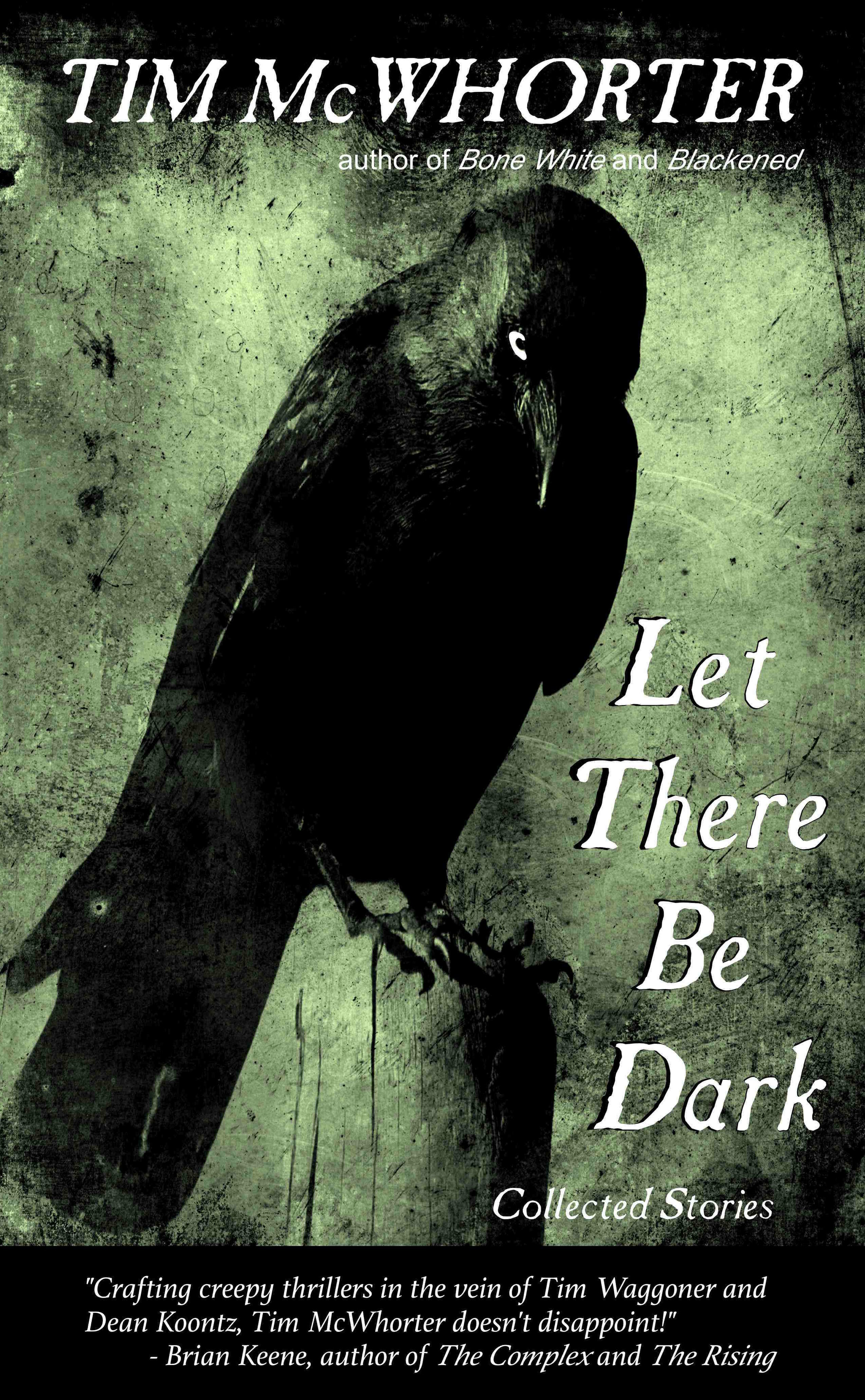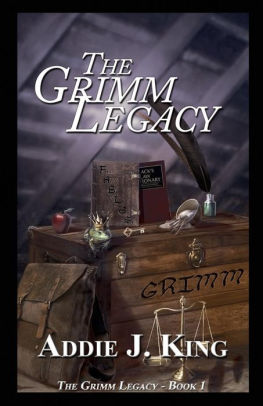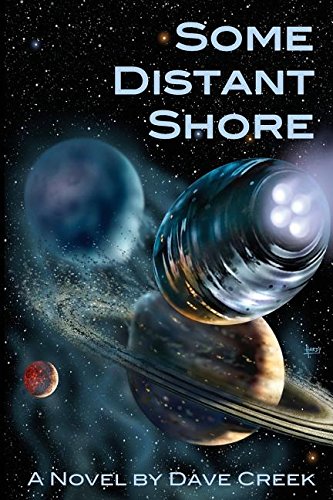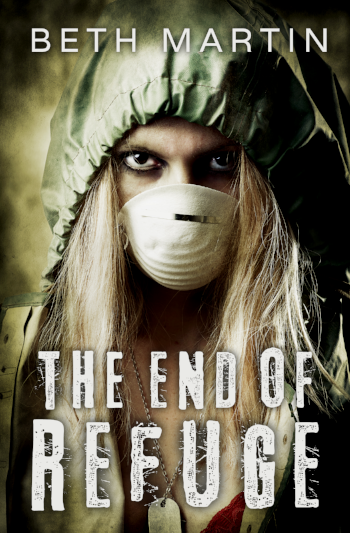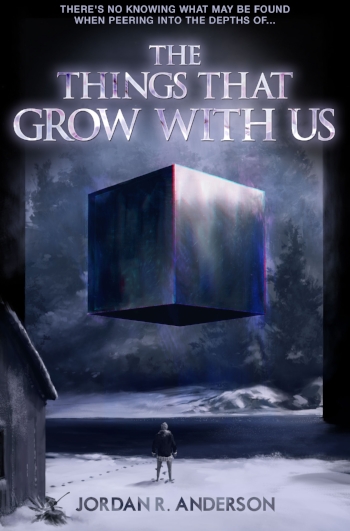Horror movies. Let's talk about em.
My all-time favorite horror movie: Sinister
Check out a (free) new article I wrote for Slow Burn Horror on why Sinister is my favorite horror!
Click me!
Here’s my top 5 horror movie list:
Sinister
Dark Skies
The Exorcism of Emily Rose
A Quiet Place (it holds a special place in my heart since I’m deaf in one ear. I know it actually isn’t that good)
The Ring
Comment below with your own top 5! I want to see what everyone out there likes!
The Reciprocant
The Reciprocant
(I do not know why the indentation is so random when I copy the text here on the blog. Oh well. Enjoy.)
“You’ve just been working too much, Herbie,” she says. She’s been saying that a lot these days. More and more over the past few months. Sure, she’s right, I know it, but what can I do about it? My name’s the one on the front of the business—not like I can just close the front door and take a week to myself. I drop two sleeping pills into the palm of my hand and fill a glass of water. The bathroom mirror is dirty. Probably has been for a while, just like everything else. Just like me.
The pills go down the hatch, and I tilt the bottle to count how many I have left. They’re prescription, and I don’t think I’ll be able to get more before I run out. Not that I can’t afford them, I can, but when would I have the time to see my doctor again? Not to mention there’s usually a wait just to get in. Last time took me three weeks to see him for a fifteen minute consultation and a sloppily written prescription. But at least the pills work.
“Herbie?”
I forgot what she was saying. I peak around the corner from the bathroom and nod my head. “Be there in a minute, darling.” At least she still looks good. Not that I would divorce her or anything if she didn’t, but I aged like hell on legs. Looking back in the dirty mirror, it’s hard to remember when I started letting myself go. Ten years ago? Twenty? How did she manage to stay so perfect when I started wrinkling and gaining weight before I had even gone totally bald?
I shake my head, turn off the light, and pull the bathroom door closed behind me. Our bed is nice, and the sheets are always immaculate. But then again the bed better be nice seeing as I was the one who made it. My grandfather taught me woodworking and carpentry every summer once I turned ten and was strong enough to work the tools. Herbert Walker’s Custom Furniture. I often wonder about my life, my business, and how everything turned out. If my grandfather hadn’t owned a woodshop, what would I have become instead? A few of my friends from fifty years ago went on to college, but most of them stayed in town like me. Plying trades. Working with our hands, not our heads.
All those other boys I used to hang around with—where are they now? I haven’t really seen any of them in four decades. Just William, and that’s only because he owns the bank where I’ve held my accounts for all these years. But all we do is say a few passing pleasantries. If I took the rest of that bottle in the bathroom, would he care to come to my funeral? Probably. But just to save face among the townsfolk who knew we were acquainted.
“What’s wrong? You have that look again.”
She’s been saying that a lot lately, too. I work too much, I stare off into the distance, my diet has gone to hell… the usual litany.
I sigh and turn to face her. “Just thinking, that’s all.”
“Work?”
“Of a sort,” I answer.
“Want to talk about it?”
Truth be told, I do. But the pills are already doing what they’re meant to do, and my eyes can barely stay open. “Maybe in the morning,” I tell her. “I’m tired.” There’s a stack of books on my nightstand that I haven’t touched in years. I think of picking one at random and starting it, but again the pills are directing my body like a conductor at an orchestra. The books will have to wait. Just like always. I reach past them and turn off the short lamp, bathing the room in darkness.
Part of me wants to rebel. There’s a spark somewhere deep inside my chest that screams against the rest of my body, begging me to at least do something. Pick up a book. Turn the light back on. Go throw up the pills and experience life for once. Talk to my wife. Have sex. Do something!
But I can’t. I close my eyes, and the dull, placid curtain of chemical sleep wins yet again.
I haven’t dreamt in years. Just like everything else in my life, sleep is boring and uneventful. I’ve heard news stories about artists getting vivid inspiration from their dreams or police detectives solving cases in their sleep—but not for me. Just a blank wall of black. I wake up in the same position I fell asleep in, my wife already gone from our bed and downstairs making breakfast. Another tradition born over fifty years of repetition. She’s an excellent cook, and the smell of biscuits and gravy is already wafting over the sheets, a bit of smoke from peppered bacon frying in a pan mingling with the morning light. I glance at the alarm clock: 6:40am. I haven’t set the damned thing in years, but somehow my body never forgets.
I get up, slide into my slippers, and make my way to the bathroom. My back, knees, and seemingly every other part of my body clicks and creaks with the movement. It takes me ten minutes to shower, brush my teeth, and get dressed. I’ve never been one to waste any time. But as I stand in front of the mirror once more, I realize how much a lie that is. Haven’t I wasted so much? Nearly all of it, I suppose. Seventy years. Well, it will be seventy in two months. The pill bottle is standing at the edge of the white cabinet next to the sink. I give it a gentle tap, and it falls into the trash can with a few tissues, an empty toilet paper roll, and a handful of cotton swabs. If she notices, I can say the bottle fell by accident.
Downstairs, breakfast is ordinary. Everything tastes wonderful, but it is ordinary in the sense that I’ve eaten my wife’s cooking for so long that even a breakfast which should make me happy is just par for the course. Run-of-the-mill excellence.
I arrive at work right on time. 7:45am. Fifteen minutes before open. I check the day’s orders on the master inventory sheet before heading to the back of the stockroom to make sure everything is on track to be finished before the customers come in to retrieve their goods. Only a light schedule today with three pieces slated for completion. Two of them, a matching sofa and end table, are already finished. The final piece just needs one last coat of stain and then a few hours to properly dry. It’s a big wardrobe with some custom carving along the sides that a young lawyer is buying for his new fiance. The piece is stunning, but the man who bought is a real ass. Either way, money is money. It’ll keep food on the table for another month or more.
I’m getting the stain ready to finish the wardrobe when the side door opens. My apprentice, the only other person who works in the shop, comes in with a large metal cup full of coffee in his hand. “Hey man,” he says, ever the cheerful one. “How’s it going?”
“Oh, you know.”
He sets his coffee on the counter and puts on an apron over his button-down shirt. “Light day today,” he says.
I nod in agreement.
He picks up a brush and starts going over the back of the wardrobe. He does excellent work, and I have no doubt he could be making pieces in some big city somewhere for tens of thousands of dollars, but like me, he just never left town.
The two of us work in silence for a few hours until the chime on the front door rings. “I’ll get it,” he says, leaving me in the back.
A few minutes later he returns. “Hey, this guy wants a custom order. Seems odd. You should handle it, and I can finish the stain. Doesn’t need more anyways.”
I nod, wipe my hands on my apron, and head to the front of the store. The customer is dressed in a nice suit with a matching hat. He looks smart, probably college educated, but it doesn’t take a psychologist to know he’s upset from the amount he’s shifting his weight and fidgeting with the cuff on his right shirt sleeve.
“Hello,” I say, shaking his hand. “What can I make for you?”
The man offers a weak smile. “Mother died today. Or maybe yesterday. I don’t know. But in either case, I need a coffin.” He looks around the shop as though realizing for the first time that I sell kitchen tables, cabinets, and other home furnishings as opposed to the trappings of a cemetery. “Do you do that sort of thing?” he tentatively asks.
“I’ve made one or two in the past, but I can do it.”
“Good, good. What, uh, what sort of information do you need? And how much will it cost?”
I guide him to a small table and grab a notebook and pencil from my desk. “Well, I suppose the first thing I need to know is the size. Do you know her height and weight?” I write the time and date at the top of the paper.
“Well, not exactly, but she was average, I’d say. Maybe my height, thin build.”
I write it down. “Well, what kind of wood would you like? Anything particular? I think poplar and oak are the most common, but I have lots of wood to choose from.”
He thinks for a moment, his eyes downcast. “Would it be possible for me to see the wood?” he asks.
“Certainly.” I stand from the table and usher him to the back where my apprentice has just finished staining the wardrobe. Along one wall is where I keep all the different species of wood, and I point to them each in turn, explaining their qualities and telling him a rough price estimate for each. In the end, the man chooses maple. Cheap and sturdy, nothing fancy—just the style his mother would have appreciated, he says.
We settle on a price, and I feel bad for him on account of burying a parent, so I tell him I’ll upgrade the hardware to brass at no charge. He thanks me, and that’s that. He’ll come back tomorrow to retrieve the coffin and pay, and the burial is scheduled for the day after that.
My apprentice manages the front of the store, handling the few sales that come through and helping customers retrieve their pieces from the back room while I put together the strange man’s coffin. It doesn’t take long. There isn’t much process involved in making a coffin. A simple task, really, but I spend extra time making sure the joints are perfect and the wood doesn’t have any unseemly knots or ill-patterned grain.
By late afternoon, the piece is finished. I set the coffin upright near a bin I use for scraps of more exotic wood like purpleheart and mahogany, then lock the doors and head home. Dinner is on the table when I arrive, meatloaf from a butcher my wife likes and mashed potatoes from our garden. As usual, everything is excellent. We watch the news, tend to a few things around the house, and then I’m getting ready for bed once again. The routine is impenetrable.
I pull the covers up to my chest and reach to turn off the light. The books are still there, neatly stacked beneath the lampshade, and completely untouched. I grab the one on top. The Monk by some man named Lewis. I don’t know anything about it other than it looks old. Reading the first few pages confirms my suspicion. The book was probably written a few hundred years ago, and the translation has never been updated to modern English.
It holds my attention for the better part of half an hour. Finally, my wife speaks up. “How was work today?” she asks.
“Not bad.”
“Anything new?”
“Well, actually, there was a strange man who came in and ordered a coffin. Said his mother died. I felt bad for him, so I gave him brass hardware for free.” I put down the book and turn off the light.
“That’s nice of you.”
“It was a straightforward job, didn’t take me long at all.”
“You should attend the burial. If he bought a coffin from you, the cemetery must be in town. That would be a nice gesture, Herbie.” She pats my arm beneath the sheets.
“I’ll ask him tomorrow.”
I lie in bed, my eyes searching the dark ceiling, and realize that sleep is going to be elusive. I’m just working too much. That’s what she always says, but wouldn’t working too much make my mind and body tired? Shouldn’t I come home exhausted and fall asleep right away?
Minutes tick by. My wife is asleep before long—just like always—and I lie with my head on the pillow and nothing but dull boredom in my mind. When the lights are out, there’s nothing to do. Nothing to see. Nothing to think.
More time elapses. I wonder if I should set my alarm clock. If I don’t get to sleep soon, I may oversleep in the morning, and then I’d be late for work. But the shop will continue as usual if I’m an hour late. I glance toward the alarm clock, but I can barely see it in the darkness. Oh well.
I consider getting out of bed and going downstairs. I could sit on the couch and play music softly on the radio. Maybe that would lull me to sleep, but I don’t want to wake her. She’s already so peaceful. If I wait a little longer, until she’s deep asleep, perhaps I could turn on the light and keep reading. But truth be told, the book only held my interest because it was new. Something different. But that draw is already gone. And besides, I didn’t particularly enjoy it.
Another hour passes in silent contemplation, and I finally sneak out from under the sheets. My feet slide into my slippers, and I shuffle to the bathroom. I stop once as my wife stirs, her hand brushing the pillow where my head has left a warm dent, and I tell her softly that I’m only going to the bathroom. She mumbles, and then she’s out again.
In the pitch darkness, I can barely see the bathroom door. But that doesn’t matter. How many times have I walked from the side of the bed to the bathroom? Ten thousand? Twenty? How many days have I lived in my house?
I find the knob on the first try and turn it. There’s a small nightlight probably a decade old plugged into the wall next to the sink. It gives just enough light for my old eyes to see my reflection in the mirror.
Something is behind me. Something dark and vaguely humanoid. Leering over my shoulder.
I turn, my heart suddenly slamming against my ribs, but it is only the shadow made by a few errant creases in the dark shower curtain. Shit. I’m getting old. No, I am old.
I stand in front of the toilet and try to relieve myself in a vain effort to force my body to understand that it needs to sleep, but nothing happens. My eye catches the trash bin next to the toilet. The pills are probably still there. If I take two and then set the alarm clock, I’ll probably be fine.
After a few moments of contemplation I determine not to bother rooting through the trash like a racoon, and I turn back to the bed. My wife has since rolled back to her side, and she took most of the sheets with her. I don’t mind as the room is a little on the warm side. But we haven’t changed the thermostat in years, so I know it can’t be warmer than usual. Just a trick of the mind, then. A product of my imagination like the shadow in the shower curtain.
I slide once more under the sheets. I manage to find a cold spot a little to the left of where I was before, and I close my eyes to finally sleep.
More time elapses, but still my body refuses to obey. I sit up and pull the alarm clock close to read the faint, blurry letters. 4:32am. I sigh and set the clock on the top of the stack of books. With so little time before my usual awakening, it doesn’t make any sense to even bother. I rub my eyes, find my slippers once more, and stand up to stretch my back.
I spend the rest of the morning hours sitting on the couch with the radio tuned to an AM station that plays classical and old jazz. Smiling, I can’t remember the last time I actually had a moment to myself to simply do nothing. Perhaps my lack of sleep is a blessing in disguise.
My wife comes downstairs right on time at 6:30am. She’s surprised to see me sitting awake in my nightclothes, but she only gives me a gentle pat on the arm before retreating to the kitchen for our daily breakfast ritual.
“Darling, do you ever think that maybe we’re missing out?” I ask. I head for the stairs to get ready for the day, but I pause at the first step to hear her response.
“Something in that book keep you up last night, Herbie?”
“No, not that. I mean us. Our lives. Do you think we’re missing out by doing the same things over and over again?”
She turns, a pair of eggs in one hand and a tub of butter in the other. “If we’re missing out on something, I’m afraid we’ve already missed it. Our ship has sailed, so they say. I’m eighty-two years old.”
She doesn’t sound upset, merely content, so I leave it at that and ascend the steps to get ready for the day.
When I arrive at work, precisely on time, I find my apprentice has arrived before me and already unlocked the building. The lights are on inside, and there are three paper cups full of coffee sitting on the main desk.
“What’s all this?” I ask a little loudly. He hears me from the back room and comes out a moment later.
“Thought you might use some coffee today, that’s all,” he answers.
There’s a box of donuts as well. “Why three cups? How much do I need?”
He laughs. “Well, I don’t know what you like. So there’s a hazelnut latte, a regular black coffee, and a half-caff if you don’t want it too strong. Take whichever, and I’ll drink at least one of the others. I like coffee.”
“Truth be told, I don’t think I’ve tasted coffee in… well, since before you were born. We had it in the war, but after that I never had much of a taste for it. But thank you. I like hazelnut, so I’ll try it.” I lift the cup he identified as the latte in a mock toast, and he does the same with the black coffee.
“Hey…” His eyes shoot to the floor, and his sudden nervousness reminds me of the man from yesterday. “Anything you need to talk about? Something on your mind?”
His question catches me off guard. I don’t really know what to say. “Nothing out of the ordinary. Just a little trouble sleeping lately, I guess. What’s it to you?”
He shifts his weight and still refuses to look me in the eye. One of the things I liked about him when I interviewed him all those years ago was that he had a firm handshake and looked me in the eye when he spoke. “Just… I don’t know. Why… why’d you make it?” he finally asks.
Now I’m even more confused. Even though I ate only an hour ago, I take one of the donuts and have a bite while I try to figure out what he could mean. Finally, all I can do is shake my head. “I’m not sure I’m following,” I say.
“You don’t remember?”
“Remember what?”
He pushes open the door to the back room, and I follow behind him with my donut and latte, both of which taste better than I had expected. He gestures toward the coffin next to the scrap bin. “That.”
Again, I don’t really understand what he’s asking me. “Something wrong with it? Not exactly as I agreed on with the man, but I thought the brass hinges were a nice touch. Felt sorry for the man, you know?”
“What man?”
I sigh. “Listen, if you’re playing some kind of joke or trying to have a laugh at my expense, I’ll not stand for it. I never was one for pranks, especially not in a place of business. We’re serious men, and we do serious work.”
His eyes go wide. “I know, I’m sorry. I would never—”
“Now tell me what it is you’re on about!”
“No one came in yesterday! No one ordered anything, and we only got one call, but it was for a cabinet repair next week. You scared the shit out of me, talking to yourself and then just building a coffin without saying a word about it to me! What the hell! Who’s it for?”
“Now you listen here!” I try to keep my voice under control, but I hate being lied to and I’ll never be tricked. Not in my own shop. “You need to knock it off with this nonsense of yours! I won’t have it. Not now and not ever! You hear me?”
The man only looks scared. He doesn’t react like I would expect from someone kidding around. “Sir, Mr. Walker, I… I don’t know what to say. Why did you build it?”
Fine. If I have to, I’ll explain it to him. Maybe he is the one not getting any sleep. “You answered the door while we were staining the wardrobe, told me someone was here with a strange request, and I took the man’s order. His mother died, and he needed a coffin. A real quiet type man with a nice suit. He’s picking it up today, and the burial is set for tomorrow. Are you daft? Do you not remember him?”
“Did… did you take an order? Write it down?” His voice tells me he doesn’t believe a word I said.
I set down the rest of my donut and head back to the desk.
“Right here, an order in my own hand. Coffin for an average size woman made from maple…” But the note isn’t there. The yellow paper with my handwriting is gone. “I know I put it somewhere. Just look for it, will you?”
We rummage through all the orders and other pieces of paper scattered around the desk, but it doesn’t turn up.
“Just wait,” I tell him. “He’s coming back today to retrieve the coffin and pay for it. You’ll see him. Again.”
“Do you remember his name?”
I think on it, but I can’t remember. “Something foreign, maybe French, that’s all I remember. I’m sure I wrote it down. Just haven’t gotten much sleep, that’s all. It’ll come back to me.”
The man just nods his head. He tells me he’s going into the back to get the day’s orders ready for customer pick-up, and then he’s gone. I go through all the orders and other papers a second time, but I know it is no use. We have a system, and orders don’t go missing.
Finally, I decide to simply finish my coffee and wait. I’ll handle any walk-in customers while I wait for the man to come and get his coffin.
Hours tick by without any foot traffic through the door. A little after lunch time a family arrives to collect some furniture they ordered last week, but other than that, everything is quiet.
When closing time arrives, the coffin is still in the back room. There’s no sign of the man. No phone call, no note.
I head out the front door and walk around the building to my car. There are several funeral homes in town, and driving to each of them to ask about the man and his mother would not take much time. I arrive at the first, an old white building with a brick façade and a fountain in the yard that hasn’t worked in two decades, and walk up the stairs to ask the undertaker a few questions.
He doesn’t know anything. Nothing about a man coming into town to bury his mother in a wooden casket.
The second funeral home I go to offers more of the same. They’re booked for the next few days, and none of the burials are for older women.
The third funeral home is apparently abandoned with a realtor’s sign in the overgrown grass.
As I drive home, now late for my clockwork dinner, I wonder if perhaps my apprentice was right to be worried. I haven’t been sleeping, and maybe the pills fogged my mind. But the man was real—that much I know.
But if he was real, why didn’t he return for his coffin?
I arrive home with no answers. Only more questions. And an uneasy feeling clouding my mind.
Dinner is excellent, but I can barely focus on the meal. Half of it goes into the refrigerator under a thin layer of plastic wrap. When my wife asks me what’s wrong, I don’t know what to tell her. I can’t explain it.
We watch the news, and when it comes time to sleep, I decide to rummage through the bathroom trash in search of the pills. To my dismay, the can is empty. Of course it is empty, Thursday is trash day.
I get ready for bed, but nothing feels right. I know I won’t be able to sleep. I’m tired—extremely tired—but I know deep down that it won’t make any difference. My mind is too active, my thoughts racing. I’m going to lie in bed for hours with nothing but the darkness until I feel too bored to keep lying there, and then I’ll return to the couch and a little bit of music.
Still, the ritual must be completed.
I lie down and close my eyes. Maybe I’m wrong. Maybe I won’t be stuck in a repeating cycle of insomnia.
An hour passes, and I know that I am right. Another sleepless night. I contemplate calling my doctor, but he doesn’t work in an emergency room or all-hours clinic, so that wouldn’t do me any good. I have to solve my problems on my own. I sit up, and my wife doesn’t stir beside me.
Wondering what to do next, I simply sit and wait as my eyes adjust a little to the blanketing darkness.
And something moves. Something within the darkness darts across the room from right to left, heading for the closed door. No, no, just another trick of the mind. A shadow from the curtain over the window to the right. Nothing more.
I rub my eyes and find my slippers, then head into the bathroom. When I’m finished, I plod slowly down the stairs to the couch. The radio station is still playing classical and jazz, so I lie down with my head toward the music and try to get some sleep.
By the time my wife descends to the first floor to make breakfast, I cannot tell if I’ve slept or not. My body certainly feels like I never fell asleep, but I also can’t remember actually sleeping. Either way, I feel sick to my stomach.
Breakfast comes and goes in a bit of a blur. I can’t really focus on anything, though I manage to drive to work nonetheless, but muscle memory doesn’t seem to mind a bit of mental fatigue. I’ve driven the same route to the same store for decades. Ironically, I wonder if I actually could do it in my sleep. Probably.
My apprentice arrives a few minutes after I do, and he’s sadly bereft of coffee and donuts. The half-caff from yesterday is still in the break room refrigerator, so I take it, drop a few ice cubes into it, and drink it anyway.
“Hey.”
“Hey.” I wave.
“Feeling any better?”
I shake my head. “Haven’t really gotten any sleep in the past couple days. I, uh, accidentally lost some pills that help me fall asleep.”
He walks to the counter and puts his lunch in a cupboard for later. “Anything I can do to help?”
I’m not sure how to answer him. “No, I think I’ll be alright.”
He nods and heads back to the desk to check the day’s schedule.
It only takes a few minutes before the agony of not knowing a damned thing about the coffin has consumed my thoughts. I have to know what happened to the man. And today is the day of the burial. He’s going to need the coffin, and I don’t want to be the one to deprive him of it.
While my apprentice finishes a set of cabinets for a rich family’s new kitchen, I load the coffin into the back of a white pickup I bought a few years ago for deliveries. It hasn’t been run in a few months, and the tires are nearly flat, but it starts on the first try.
I try the nearest cemetery first. It’s behind a church, and there aren’t any cars either in the cemetery or the church parking lot, so I move on to the next.
Finally, something promising.
The second cemetery is a private one with lots of greenspace and tall trees older than anyone knows. It probably costs a hefty sum to be buried there, but everything is so beautiful that I wouldn’t blame someone for choosing it. In one of the plots near the front, I spot a gruffy man in coveralls working a small backhoe. It looks like he’s almost finished with a fresh grave.
I put the truck in park and approach the worker, offering him a friendly wave. I have to imagine people in his profession seldom entertain visitors.
He sees me and stops the backhoe, waiting for me to approach.
“Can I help you?”
“I hope so,” I answer.
Then he spots the coffin in the back of my pickup and seems to recognize it. “Oh, you’re the guy who made the coffin! Excellent! I can help you bring it here.”
I laugh and tell him I’m not as old as I look, and I can carry the weight of a simple maple coffin all on my own. I might be tired, but I’m not weak. The day I can’t lift something so basic is the day I finally retire.
The gravedigger only laughs and waves me off, content to let an old man keep his pride.
I bring the coffin right next to the grave and set it down gently on part of the tarp where the digger is laying all the dirt. “You know, it doesn’t quite make sense,” I say when I have a moment to collect my thoughts and think about what I’m doing.
“How’s that?” the digger asks.
“The coffin’s empty. You need a body to bury before you get to the cemetery, right?”
The digger turns off his backhoe and climbs out of the cab, rubbing his dirty hands on his green uniform. Something about the uniform strikes me as a little familiar, but I can’t place it. I’ve probably just driven by the cemetery before and seen a few workers about their business.
The man reaches out a hand, and I grasp it. He has a firm handshake, something I’ve always appreciated. “Help me lower the coffin, will you?”
“Sure.” I grab the foot of the coffin and lift it over the edge while the digger does the same with the head. We lower it down together until we’re both on our knees. The coffin drops into place, and I finally realize where I remember the uniform. It looks a lot like the one I wore sixty years ago in a trench on the southern side of the Marne. “Hey, were you ever in the war?” I ask, but I know the answer as soon as I ask the question. The man is far too young to have fought.
“Sir, I—”
I lose my balance on the side of the grave. I’m too damn sleep deprived to keep my grip on the slick mud and the tarp, and I tumble head-first into the grave. My head hits the side of the wooden coffin and sends bright streaks of pain through my vision.
“You alright?” I hear, and suddenly there are more voices than just the gave digger. Hundreds more. Did the rest of the funeral guests arrive? Surely they didn’t reach the cemetery all at once.
I prop myself up on my elbows to get my bearings.
The man reaches a hand into the grave, and I take it quickly. There’s blood on the back of my hand. And… there’s blood on his hands as well. Lots of it.
“You took a hell of a hit there, Walker! You alright?”
For the first time, I notice that I’m wearing the same uniform that he is. A handful of other men peer over the side of the grave, and they’re all similarly clad.
“You alright?” the man yells for the third time. How did he know my name?
“I think so,” I answer, but there are so many other voices shouting and yelling nearby that he can’t hear me. I have to shout a little louder. “I think so! Just a little tired! Haven’t slept in a few days!” Automatic gunfire drowns out some of my words.
He laughs and pulls me out. “None of us have, Private Walker, none of us. And if we don’t take Hill 142, Captain’s gonna have our asses! Now pick up your rifle and fall in, soldier!”
Cyber Monday Sale!
Hydra Halloween Horror Sale!
August Book Sale! All books priced less than a dollar!
Win some awesome books!
Check out the awesome titles below! All you need to do for a chance to win is click on the cover, then enter the giveaway. Winners will be selected at the end of the month!
Happy Reading!
IT by Stephen King - Analysis by Horror Author Ashley Holzmann
A guest author on the blog! Welcome Ashley Holzmann!
Ashley Holzmann
There’s a plethora of variety within the horror genre. The goal is to insight tension, fear, or anxiety within the consumer of the medium. The paths to achieving that goal vary wildly.
The horror community at large cannot even agree with itself on what is and is not scary. Horror is subjective; and that’s a good thing, because all stories are interpreted differently by the person hearing or reading or watching the story.
That’s a big part of what I want to talk about here. How we consume horror and how the same story can be told in more than one way. I also want to touch on the nature of fear, the current audiences for horror, and use the new release of IT in movie theaters across the country as a platform for my wild spiel.
This is an analysis of storytelling above all else. It could very well be a discussion of any genre. But Halloween is approaching and I have, myself, recently release a book within the genre, so why not use this as an opportunity?
The New Movie
I recently went to see the new release of IT in theaters, and while the movie had its flaws, it accomplished what it set out to do: convey fear.
We are lucky that there are three versions of this story out in the world: the recent film, the mini-series adaptation, and the original book the former are based on. By comparing the three, I hope to bring a few thematic aspects of the stories to light, and discuss the successes and shortfalls of attempting to apply those themes to a story.
Summaries of IT can be found throughout the internet. IT and the creator—Stephen King—is so imbedded within society that I won’t explain much of the plot here. The premise, for the uninitiated, is that a group of kids growing up in the suburbs begin realizing there is a creature trying to kill them, and the creature feeds off of their fear.
To be clear upfront, I enjoyed the new film. It is not perfect, but it had to balance a lot of various realities: a direct adaptation of the book was not an option; the new movie had to live up to rose-colored expectations comparing it to the Tim Curry mini-series adaptation; the modern horror audience had to be factored into all of the decisions for the new film.
The movie is also adapting the source material from a book that is so long that its audiobook spans nearly forty-five hours. If you half a half-hour commute to work and you want to listen to IT on audiobook, it will take you a month and a half. Boiling that down to two-isa hours is no easy task.
There is a complicated balancing act when adapting a story, and I personally feel like the writers, directors, producer, actors and everyone else involved did their best to balance all of these factors in the new movie.
In many ways, all creative works are reinterpretations of ageless stories. The Heroes Journey is a timeless trope that still invigorates us. The Coming of Age tale is repeated annually throughout all of our media. The list of archetypes for story structure is not as long or varied as it appears to be when you walk through a book store or scan streaming video services.
What matters is the way a story is told. What aspects are concentrated on. What is thrown away. How the characters interact—characters that are, themselves, often common archetypes.
A Flaw Of Horror
For the new adaptation of IT, I’d like to address the modern horror-going audience upfront. Today’s horror audiences are conditioned to one type of horror scenario: the jump scare. Jump scares for days.
It’s a familiar set up and execution. The music in the film will tell you exactly when something is coming, leading the audience to anticipate the moment. The music then cuts low, and the jump scare moment manifests with a spike in sound effects. Everyone is surprised briefly, and this is repeated over and over again.
Most horror aficionados are not fans of this tactic. It is cheap and easy to do with a premise that’s sloppily put together. Most horror movies these days aren’t actually very scary. They are just peppered with jump scares.
The new movie adaptation for IT is no different. The disappointing aspect of the jump scares in this movie is that the movie would have been amazing without the jump scares. Because the premise, itself, is absolutely horrifying.
I’m not saying that IT gets a pass on this, but it had to balance the source material with a modern adaptation. And modern horror movies have to do one thing to be successful in today’s market: have jump scares.
I personally believe that IT raking in the box office that it did is because it towed the line on the jump scare. Would it have been justified in leaving the jump scares out? Yes. Absolutely. Would it have been as commercially viable? Hard to say.
It would have been a superior film, but it may not have fared as well with mass audiences. The jump scare was used often, because the movie wanted to appeal to the masses. I understand that, and it is what it is. But the source material from the book is the gold that gave the new movie the ability to use jump scares on top of an amazing concept, which was executed really well.
Characters
With that out of the way, there were other things this movie had to factor in. The original book had a number of sexual encounters between children that wouldn’t have translated well to film. The script had to tackle half of a massive book, which meant that characters and plot lines would have to be cut in such a way as to not also detract from the overall story and themes. And artistic limitations were abound. Deciding to set the new movie in the 1980s made sense, because the 1950s references in the book would be a hard sell for modern audiences, who wouldn’t understand as many 50s references as 80s references.
This article isn’t just about criticism, though. The new movie does many things right. The child actors are amazing. They are spectacularly well casted and allowed the freedom to move around in the story. They are given a lot of time to bond, and while some are developed more than others, it was in the service to the run time and it makes sense.
The only shortfall I found in the acting for the movie was with the antagonist, Pennywise, played by Bill Skarsgård. Many people are comparing his performance with the original Tim Curry performance and also Heath Ledger’s Joker.
This isn’t fair. Mostly because Pennywise simply has little room to perform. Most of his moments are under thirty seconds, and he’s given one monologue in the film. You could argue that there are two monologues, but that’s a shortfall from the amount of dialogue opportunities that Heath Ledger had in The Dark Knight.
Ledger was given multiple opportunities to verbalize the character of The Joker, and The Dark Knight absolutely benefitted from that.
Bill Skarsgård wasn’t given the same freedom. Did he demonstrate the potential? Absolutely. But most of his interactions with the characters were jump scares, drooling looks, and one-liners. CGI also played a hindering role, in my opinion.
His introduction is done very well, though, and he really explodes onto the screen when given the opportunity.
Bringing it back to the kids, there were several brilliant moments that the movie took with them.
Allowing Beverly to deal with her period was done both tactfully and in a way that conveyed empathy. Of equal importance was allowing the kids to talk as kids do when adults aren’t around.
This is minor, but makes a huge impact on the audience because everyone viewing is able to immerse themselves just a little more. Kids swearing is relatable. The more the audience buys into the story and characters, the more they are able to suspend disbelief and also feel fear when the characters are in scary situations.
Allowing some of the racial moments from the book was also important. The new movie does this better than the mini-series did.
The book makes the racial tension a large part of the story, and to great effect. The new movie would have benefitted from bravely incorporating this more, but I can understand that the filmmakers wanted to concentrate on a few themes. The missing children being one of the larger concentrations of the movie, and the relationship between the kids, Beverly, and the bullies of the town.
Why does this matter to storytelling, though?
Because a story that is grounded in various aspects of human nature is a story that will speak to the audience. Surface level stories achieve little. Stories that allow subtext and strive to include deeper meanings are the stories that last.
Stephen King wrote IT decades ago, and the story the book conveys is still relevant. Partially because of the characters, but also because of the subtext and themes. That is why Beverly’s period matters, and the racially charged moments matter. Because those are themes worth discussing.
In the context of horror, these themes ground the story to make it more than just a tale of a creepy clown. It becomes a story about being a kid, growing up around racism, reaching puberty, and friendship among the plethora of other themes repeated through the book and subsequent screen adaptations.
At the center of all of this were the characters.
Why Is IT Scary?
IT is scary for a variety of reasons.
I want to look at all three iterations of the story for this section.
The original book was set in the 50s and played off of the children’s fears of the monsters of the era. There were mummies and werewolves and lepers and other monsters.
The mini-series was able to incorporate a lot of this, but also had something amazing on its side: the performance of Tim Curry.
Something the new movie lacks that the mini-series had in spades was the variety in the character of Pennywise. Tim Curry was given the chance to be funny as often as he was allowed to be scary.
There’s something unsettling underneath a performance that allows people to see both humor and horror from the same character.
What IT really provides in all of the iterations is diversity throughout the experience. It’s a coming-of-age story, in the middle of racially charged suburbia, where deviant sexual encounters are common and a creature that can represent anyone’s darkest fears is targeting children. That’s a lot of layers to what makes IT scary. Add to that the cosmic elements, and the disconnect between the children and the adults, and IT is easily one of the most diverse examples of the genre to exist.
Most stories stick to one or two themes to repeat the horror of the story alive. IT goes for broke.
This pays off in a lot of ways when it comes to the book, because there’s something inside those pages that will reach almost every horror consumer.
The screen adaptations don’t have the benefit of dozens of hours, so they have to stick to a few of the themes.
Consuming Horror Alone
IT was very popular when it was published. There were scenes that buzzed and got people talking a lot.
Stephen King was hailed for being fearless. And for good reason.
He put in a lot of sexual deviance, as well as violence against children in that book. Some of this has already been discussed.
It was his love story to Lovecraft, too, who had so influenced him as a child. Stephen King is a huge reason for the recent resurgence in interest with Lovecraft.
The fearless aspect of the book wasn’t King’s ode to Lovecraft though. It was the aforementioned scenes of deviance.
I’m labeling it was deviance here as a catch-all, but that encompasses a variety of moments in the book. From children masturbating, sexual encounters, to first time kisses, and even inappropriate relationships between father and daughter.
This resonated with people who read the book and drew them in. Again, this book is massive and comes with whole segments that were not translated into the screen adaptations.
I believe the reason is deeper than trying to argue that audiences wouldn’t accept such scenes on a screen.
We consume books intimately and are far more accepting of books as a source material. If it’s on a page, we aren’t announcing to the world exactly what words we’re reading.
A book is consumed alone. And when left by ourselves we are very willing to explore our more deviant sides. We do embarrassing things, think embarrassing thoughts, and we often later experience cognitive dissonance when confronted with anyone publicly expressing the same thoughts we’ve had ourselves. We would rather those thoughts be kept within.
This is one of the reasons IT is so effective as a book. It really plays off of countless fears. As I’ve already mentioned, IT is not just a story about an unknown creature, it’s a story about the fears of our childhoods, the lack of adult intervention, and the depths children will go in the direction of cruelty. IT is all of those things.
But it works because of the way IT is written and consumed. Much like 50 Shades of Grey works better on the page (ask anyone who was a fan of the books). There are levels of deviance that we have difficulty enjoying in groups.
Watching a movie in a theater with a group of friends and strangers is inherently more social and more announcing. You are announcing to a portion of the world that you are experiencing this moment in the movie, and everyone around you knows you’re experiencing it.
I couldn’t imagine watching a perfect adaptation of the book in the same room with my parents. I think most people would rather not think of such possibilities.
But if my parents knew I read the book. That’s different.
It is for this reason that I believe the decisions to exclude certain elements were very crucial in the film. Every decision felt planned in the case of the recent film.
The decision to set it in the 80s was cool and retro.
The 80s retro stuff is hot right now. Stranger Things, Ready Player One, Rick and Morty being a tongue in cheek riff on Doc and Marty from Back to the Future.
It felt like the decisions to make changes were artistic/creative decisions and not just for the sake of watering down the story. So I can admire the new movie for that. The way the sets were designed, the actor’s blocking—the movie did a really good job. And while the jump scares were innumerable, I still found myself enjoying the experience.
I'm looking forward to the next one.
Story And Writing
How does all of this relate to the craft? I’ve discussed how important I feel the decisions of the book and the screen adaptations were. How the way characters interact is significant.
There’s a lot to learn from the story of IT. I truly believe that the story is made all there powerful because the audience is actually invested in the decisions of the characters, and believe that this movie does an excellent job. The book does an even better job. The older mini-series does a better job during the first half than in the second half.
Another significant thing that King often does well is his characters stay true to themselves. A curious character makes curious decisions. A scared character is consistently scared. He often incorporates character arcs, but the arcs don’t always play out the way we believe they will. Even when they don’t, the characters stay true to themselves above all other things.
A lot could be said with that. When movies of all genre are released even today and characters make irrational decisions for the sake of the plot instead of the sake of the characters, that says a lot. IT does not have trouble with this.
Character dynamic is huge in IT, as well, and I’ve touched on it. Stranger Things has been recently cited as being inspired by the book IT, and Stephen King is known for being able to produce the relationships that children have without adults really well—Stand By Me is another great example of a film adaptation that plays off of this gift that King has.
When it comes to writing, the best thing to do is allow characters to make decisions that make sense. Human nature is normally consistent. Is that disappointing sometimes? Yes. But it’s easier for an audience to immerse in a story if the characters in the story are scared.
It’s harder to care about characters who get naked and take a shower when a serial killer is on the loose. Instead, everyone says phrases like, “oh, come on.”
That simply isn’t something a person would do. They’d do anything else besides that.
For me, the biggest thing to take away from the new movie, and of course the book, is that there is diversity to a genre. There are no limits. Stephen King is often referenced as a horror author, but he writes in many genres. Whatever a story needs is how he approaches it.
IT is no different. There are really touching moments of childhood innocence that ground the story. The kids in the story are amazingly well balanced as a group. Then there are scenes of gore and horrific moments of over-the-top murder. It gets wild.
And at the center of it all is a goofy clown that wants to eat the protagonists. If you really try to simplify the story of IT, it can come off sounding pretty silly. Really, the best way to experience it is to simply read the book. Deep dive into a story that will truly affect you.
For my fellow writers out there, if you haven’t read the book, I would like to really encourage you to. Not everyone clicks with it, but most people do. And if you walk away from it with criticisms, that’s not a bad thing. It’s an achievement, regardless of any of our opinions.
When it comes to being creative, there aren’t rules. There are just people out there who say there are rules. Ignore those people.
Want a free copy of For We Are Many? Enter the sweepstakes!!!
Here's the link: https://giveaway.amazon.com/p/8659e398eb3ce26e
Click that link and you'll be taken to the contest page!
Interview with horror aficionado C. Bryan Brown, author of Necromancer and They Are Among Us.
C. Bryan Brown, thank you for doing an interview. Firstly, take us through your bibliography. How did Necromancer start and what led you in the direction of Vampires for They Are Among Us?
Hey, Stu, thanks for having me!
Necromancer started, technically, many years ago when I was in high school. I used to play AD&D (2nd Edition, for all you new-fangled d20 people) with my brother, cousin, and grandmother. Necromancer is, in a lot of ways, an homage to that era of my life and to my grandmother. She always played a wizard, fancying herself a female version of Gandalf. But we told stories together, the four of us, and those stories were about warriors and wizards and orcs and trolls and all their lovers and I ported all that into the modern time, changed it to be as realistic as I could possibly make magic, and went from there. As a bonus answer, the original story draft for Necromancer had Bobby as the main character, not Torrin.
They Are Among Us is a lot simpler; I love classic monsters. Vampires and werewolves are my two favorites. I have a werewolf book in me, I’m just not ready to write it yet. And for most horror fans, bloody, killer vampires aren’t as easy to come by as they used to be. The lion’s share of vampire fiction falls into the urban fantasy and paranormal romance genres. So that coupled with the fact that I had a story and world building idea in my head, I ran with it.
Have you always been a fan of horror? In different media, how does horror change? What are the differences between horror film and horror literature?
I suppose so, yes. I don’t remember ever not being around horror. My mother was a big, big fan of the gore movies in the 80s. As a matter of fact, she still loves her gore, but also pretty much any horror movie in general she’d watch. She was also an avid reader, or so she says. I only ever remember seeing her with Stephen King books. One true fact… when I was 10 or 11, my mother dragged me out of bed to watch the original “A Nightmare on Elm Street” because it scared her and she didn’t want to watch alone. Been hooked since, really.
I think horror changes to suit the media it’s presented in. To your question about the differences between horror film and horror literature, specifically, film is bringing horror to life and, in most cases, leaving very little to the imagination anymore. Classic example – Kubrick’s “The Shining” didn’t feature the topiary animals at the end because the FX at the time sucked and it didn’t look real. They can do that now (and have), so if it can be written, it can pretty much be filmed, and for me, once you take it out of the reader’s imagination and put a face on it, it loses power. There are some films that have come out recently that don’t show the horrors and rely more on the watcher’s imagination and these are good. A wonderful example is the film “The Babadook.” The ending has at least two interpretations that I’ve heard.
And that’s what makes horror literature so much more in my opinion. The ability to just sketch a picture or a scene and let the reader do the work, let them scare themselves. Their imagination produces monsters much scarier than any FX company can and so you’re able to delve into psychology of your themes with a soft, deft touch. There’s no need to over describe every detail because the reader is doing it for you. You can tell them a monster has a three inch horn, but they’re going to see a six or seven inches of darkened ivory waiting to impale them when the turn the next page.
When did you begin writing? What was the impetus that made you finally start putting words on a page with a specific goal?
I guess I started around 14 or 15, though it wasn’t serious. My sister pissed me off and I filled notebooks with a story about monsters killing The New Kids on the Block.
I kept writing after that, though most of it was for AD&D and online gaming stories back when dial-up was still cool. I was one of those CompuServe and AOL kids in the late 80s. It was just a whole lot of fun, but in my early 20s (which was the mid 90s), the gaming scene changed and the collaborative writing kind of fell away. People got prickly and way to attached to their characters, so stories were then written by one person for their character. Sometimes you’d add in another person or two, but mostly not. You could still game in chat rooms and things like that, but the forum boards, where the real writing was done, became a solo act. A few years later, I quit gaming online, and starting writing my first real stories.
In 2001 and 2002, I got my first publications, but then in late 2002, my wife had our first son and I stopped writing until he made it into kindergarten in 2008. I started writing again and then sold my next story a couple years later in 2010 to Post Mortem Press.
What’s next for your writing? Is there a specific direction you want your work to take?
What’s next is to continue the vampire trilogy and finish it, plus continue to work on some other things I have on the stove that involve dark urban fantasy and more straight-line fantasy.
I’ll have some audio stories coming soon, which I’m really excited about, and I can’t say much more than that yet.
And no, I don’t have a specific direction for my work. I’m not trying to point my career or my style in any specific direction other than producing better words than I did the last time I sat down to write them. As long as each book is better than the last, and readers are entertained and maybe enlightened a little bit, I think I’ve succeeded.
Which writers do you aspire to be like, if any? Which writers give you the best inspiration?
I want to be like the working writers, the ones who get to do this full time. And by that I’m not talking the level of fame held by Stephen King, Dean Koontz, or JK Rowling (though, seriously, I wouldn’t say no to it), but if I could replace my corporate salary with writing income, I’d be golden. And since I don’t really know the salaries of my writing peers, I can’t give any definite names.
The writers that give me the best inspiration are my direct peers. You, Violet Patterson, Tim McWhorter, Brad Carter, and all of us writing in the small press arena. I think it’s a great place to be, and I think we’re writing in a critical time, not only in the industry, but also in the world. I wouldn’t want to be anywhere else, doing this with anyone else (except maybe Stephen King, you know…) but who I’m doing it with. And that is inspiration enough to keep writing, keep getting better, and to forge forward.
If Necromancer could be made into a horror movie, who would you want to direct it and why? Who would be cast as the main characters?
Oh man, that’s a hard question to answer. Necromancer is definitely dark, and while it has its horrific moments, I’m not sure I’d qualify it as a horror novel. That said, I’ve been super impressed with Antoine Fuqua’s movies over the years, and specifically, handling Torrin’s characterization would be paramount. But he did a hell of a job with Training Day.
As far as casting goes, that’s a little simpler for me. I’d give the role of Torrin to Kevin McKidd, Bobby would be played by Bradley Cooper, and I’d totally have Kevin Spacey do David Hale. I used to think Warwick Davis would be good for the Salamander, but after Game of Thrones, I’m down for Peter Dinklage. Mercury is a little younger, just under 30, and I could see Joseph Gordon-Levitt pulling him off. I suppose that leaves Mildred and Kara… Kathy Bates and Kate Winslet, respectively.
What makes horror so appealing to horror fans? Why do we like to be scared?
I think in the context of movies and literature, horror makes us feel alive, yet in the back of our heads, we know we’re safe. Nothing bad is going to happen to us, it’s going to happen to the characters in the book or on the television. Hell, I love to watch people getting killed in the movies or write about it in my books, and there’s a great sense of excitement when a movie or book gets my heart pumping, and my ears attuned to the slightest noise in my dark basement or very quiet house. But I know I can flip on a light, or turn off the slasher flick, and that’s it, it’s all over until I want it again. It’s appealing because we’re in control.
But you put me in even a mild car accident, and I’m not chomping to have another. It’s not an adrenaline rush, but rather too close for comfort. Uncontrolled fear, as in the kind I don’t actively give myself, isn’t for me.
Of course, there are those that will jump off a cliff with nothing but a shoestring and a prayer to keep them safe, so what do I really know?
In Necromancer, much of the horror comes from very realistic situations such as failing relationships set over the supernatural backdrop. How does realistic horror stack up against supernatural / fantastic horror? How do you find a balance between the real and the impossible?
For me, realistic horror is far more terrifying than anything else. The thought of losing my sons or my wife to violence, or failing them to the point where our lives are broken, is what really scares me as a human being. One of the scariest films I’ve seen in the last five years is “Compliance” and, worst part, is it’s based on true events.
And for me, it’s not so much as finding the balance between the real and the impossible, but using the impossible to exacerbate the real, make it worse than it is, and ratchet up the suspense. Let’s face it, most people (myself included) see obstacles and problems and we have a tendency to overstate their seriousness. You’ve heard the “woe is me” testimonials, and have probably given one or two in your life. That’s what the supernatural is for me. It’s that obstacle that really isn’t overstated, that thing the character can really cry pity over, and it threatens to make his real problems all that much worse. And, just like with us, that’s what it continues to be, until the character turns the corner and sees the opportunities, the solutions, and moves forward, which is what most people do after a little self-pity.
Lastly, where can we find your stuff and when is your next anticipated release?
My stuff is everywhere! People can catch me on my blog, or on the Facebook at cbryanbrown, or even Twitter @cbryanbrown. I’m up on Goodreads, too, if people are inclined to see me over there. I attend more than my fair share of conventions and events. My schedule for those is up on my blog as well. All the proper linkages are below and I encourage people to stalk me by commenting on blog posts, my Facebook page, or tweeting me.
My next release should be this year, though I don’t have an exact date… my short story, “An Unfettered Life” was picked up for the Hydra Publications Dystopian Anthology and hopefully my next novel, At Dawn They Sleep, will be out next year. That’s the second book in The Blood War Trilogy and it follows They Are Among Us.
Thanks again for having me! I appreciate the opportunity to run off at the mouth!
Blog: http://cbryanbrown.net
Facebook: http://www.facebook.com/cbryanbrown
Twitter: @cbryanbrown
Goodreads: https://www.goodreads.com/author/show/4027709.C_Bryan_Brown
Peer into the mind of a horror editor...
Interview with Sanitarium Magazine editor Barry Skelhorn
When did you get into the fiction industry and what drew you toward the horror genre?
When I was young, my Granddad lent me a copy of Frankenstein – which I devoured. Soon after that he lent me Dracula and a few collections of M.R James. Over time I read more and more horror and it grew from there.
There is just something about horror and the written word, the writer leads you one way, but it is your imagination that fills in the darker gaps and that’s the beauty of it.
As an editor selecting a story for publication, what is the line that you won't cross? How much violence, even beautifully written, is too much?
Personally I think that most subjects, if they are in the correct context can add to a story. However I won’t entertain any works of fiction with any graphic sexual reference to minors.
What is your take on the standard giants of the horror genre such as King, Matheson, Laymon, Bierce, and Koontz? How do some of the indie writers of today stack up against the legends?
Everyone has to start somewhere. As the story goes; without Tabitha King picking Carrie out of the bin and giving her feedback maybe King wouldn’t be where he is now.
There are so many indie authors that are making strides in the horror genre today – it would be wrong to single a few out. I would also like to give a shout out to the small and not so small independent presses that are keeping the integrity of the business together.
When selecting a story for publication, do you tend to prefer more psychological and subtle themes or more overt and graphic tales?
The way Sanitarium works is simple – you never know what is going to be behind each case file. Each issue that we collate we try and keep a mix of sub-genres so there is an eclectic collection of tales for the reader.
I find going from (for example) one zombie story, then another and another is great. But after a while you end up comparing them and not enjoying them as much.
What direction do you see the Sanitarium Magazine taking in the future? Any major milestones coming up?
We are working on a new look that we are bringing in one piece at a time. The magazine will be offering a printed copy as payment from the start of 2015. Also we are changing the tag line so we can cover more in its pages. “Showcasing Horror Fiction, Dark Verse and Macabre Entertainment”
Which issue of Sanitarium Magazine do you consider to be the best? What sets it apart?
Cover wise I love issue 20 with Kevin Spencer’s artwork “skull” – the vibrant colours and washed effect really works for me. As for the stories, there are a few stand out ones for me but we have found everyone has their favourites and we’re happy with that.
If you could interview any horror writer, living or dead, who would it be? How do you think they would act face to face?
Sadly one of the greats we were close to interviewing with was James Herbert. We are based in the UK and he lived only a short drive away but it was not to be. I think his style of writing where it was quite close to the bone both with gore and sexual undertones struck the right balance.
I would of course love to interview Clive Barker, Stephen King.
What is the most terrifying thing you've ever read?
I think this has to be put in context. I was 16, on a family holiday in France and we were staying in a large converted farmhouse just outside of Bordeaux – I was staying in the bat house.
Whilst staying there I started to re-read Stephen King’s Salem’s Lot. The summer storms were a sight to be seen and the atmosphere was just right for a good scare. So with every turn of the page, the story gripped me more than it had the first time around.
Have you had any horrific experiences in your own life that you couldn't explain?
I wouldn’t say horrific but there were a couple when we stayed in the farmhouse. Whilst staying in the bat house one night I felt something hit the bedframe at the foot of the bed. Thinking nothing of it I just fell back asleep. I felt it again, this time I was jolted awake and flicked on the light. My Brother, asleep in the other bed next to mine, was sound asleep. Looking around the room, nothing seemed untoward, so hitting the light I went back to sleep.
It wasn’t until the morning when both of us awoke did we realised what had happened. My bed, which has started flush against the wall, was now a good foot from the wall.
It turns out that when they were renovating the farmhouse, they came across a soldier’s helmet with a bullet hole through it – I think I was sleeping in his snipers nest and he wasn’t best pleased.
Finally, does your love of horror branch into other media such as movie, music, art, etc.?
Most media interests me in the horror world. I have mentioned Clive Barker as a writer but I also love his style of art from “The Hellbound Heart” to “Abarat” and everything in between. If I could I would have a piece hanging in my office for inspiration. Another that I really have a lot of time for is the theatre and plays such as Danny Bolye’s Frankenstein, Susan Hill’s The Woman in Black. It would be interesting to work with some of the writers who have appeared in Sanitarium and put together a 3 Act show with some of the stories.
Interview with Evan Camby
Evan Camby
What got you into horror? Have you always been a fan of the genre or did one particular work pique your interest?
From a very young age, I preferred horror and the macabre to anything else. I remember one year I missed a lot of school because I got very sick, and I spent the days in bed watching a marathon of old Vincent Price films. Many of them were based on works by Edgar Allan Poe, which guided me towards his books. I read everything I could of Poe's and he was my first, biggest influence. I loved the way he created such rich, Gothic atmospheres even in very short works.
On of your stories, Hat Man, deals with night terrors. Do you have any personal experience with sleep paralysis or other terror-inducing sleep disorders? An interesting phenomenon occurs during the hallucinations triggered by sleep paralysis where the brain has trouble recalling the face of a remembered person and thus places a hood or dark hat over the character in an attempt to make the blurred face appear logical.
Hat Man is definitely based on night terrors I had when I was young. In fact, 80% of what Bernice lives through in Hat Man are things that actually happened to me. I have read all the scientific explanations behind sleep paralysis and night terrors, and I do think there is a physiological component to them. However, no one will ever be able to convince me that there isn't also a supernatural element to what I experienced.
Have you ever used a Ouija board yourself? If so, how did it go?
I have, with a childhood friend. We both loved ghost stories and anything spooky, so we played with it often. The only thing I can remember happening when we played was that she would get terrible migraines almost every time, which is part of why we stopped altogether. Another reason we stopped was a story that her mom told us. Her mom said that when she was a little girl, she played with the Ouija with her friends, until something happened that scared them out of it. One of the girls she played with had recently lost a family member who, by all accounts, was not a nice guy. So, they asked the board what happened to him, if he was in a better place, that type of thing. She told us that the board suddenly shifted under their fingers, and then spelled out "Satan knows" before sliding across the room and hitting the wall. Of course, she might have made the whole thing up, but that story coupled with the migraines was enough to scare us out of playing with the Ouija anymore. I haven't picked it up since.
Almost everyone experiences some type of terrifying, unexplained event. What's yours?
Other than the night terrors, which were truly terrifying, I have experienced a lot of strange events. I'll pick one from when I was a kid. I grew up in a house set back deep in the woods, with big windows all over the first floor looking out at the trees. My mom says I used to stand at the windows and smile and wave outside. One day she asked me who I was waving to, and I said, "All the people." Now, no one was outside. At least, not that she could see.
Do you believe in ghosts? How about spiritual beings such as angels and demons?
Definitely, I believe in all of them. I don't think that this life is all there is and that there is a lot we don't know and can't prove. There is real evil in the world, both natural and supernatural. I also believe there is pure good and love that counteracts that, whether it's angels or God or whatever your particular beliefs name it.
When you first started writing horror, how did your friends and family respond?
It's not a surprise to anyone who knows me. Most little girls play with baby-dolls--I had a plastic skeleton who I named Skellie that I carried around. My parents are a little shocked, though, that I remember the night terrors so vividly, since it's been over twenty years since I first had them.
What has been the most difficult thing that continually plagues you as an author?
Self doubt is a huge obstacle to getting words on the page. What I've learned to do is "brain dump"--just get it all out there. No matter how terrible that first draft is, you can always go back and change things, edit, add, subtract. My advice to writers who struggle with the same issue is to give yourself permission to suck. Really, it's OK if what you put down is terrible at first. None of it's permanent, it's not as if your first rough draft will be tattooed on your body forever. But if you don't at least start somewhere, the words will never make the jump from your brain to the page.
What is the most unique advice you've ever been given by another professional in the writing world? Did that advice prove to be useful?
I read an interview where Stephen King answered the question, "What makes a talented writer?" or something along those lines. I'm paraphrasing, but basically he said that if you write something, and someone pays you for the story, and you then take that money and pay your light bill with it, he considers you talented. I love that. It takes the pressure off of setting out to be the next Hemingway, and lets me have fun and focus on being a storyteller who people pay to entertain them. That's something I can be proud of, too, it's not all about Pulitzers and The Paris Review.
If you had to pick one author for your writing to be favorably compared to, which would you pick? What elements from other writers do you try to incorporate into your own writing?
In my dreams, Vladimir Nabokov, simply because of his mastery of the English language. As far as my genre goes, Stephen King knows how to tell a great story and create realistic, flawed characters, and that's my main focus in writing. The fanciest prose, scores of allegories, and a dreamy, stream-of-consciousness style of writing are worthless if you can't tell a story worth a damn. I want to entertain and help people immerse themselves in the more visceral and scary elements of the world in which we live, and he is the master of that.





